Members of Scottish Environment LINK launched the Fight for Scotland’s Nature campaign in 2018, calling for a Scottish Environment Act that would:
The first two demands – environmental principles and a watchdog – were in response to the UK’s impending departure from the European Union, and the need to maintain the crucial environmental protections that came with EU membership.
The third demand – targets for nature recovery – recognised that existing protections were not enough, and that we need transformative action to stem the loss of Scotland’s unique wildlife and habitats.
The Fight for Scotland’s Nature campaign was backed by more than 60 environment charities, business and community groups across Scotland. More than 22,000 people wrote to First Minister Nicola Sturgeon calling for action to protect and restore Scotland’s nature. Thousands also wrote to their MSPs urging them to vote for strong environmental protections.
Campaign success: The EU Continuity Act
The Scottish government didn’t bring in a Scottish Environment Act. But at the end of 2020 it brought in the EU Continuity Act, which was a major victory for our campaign.
Following two years of pressure from campaigners, the Act embedded internationally recognised environmental legal principles in Scots law, and stipulated that Scottish ministers and policy makers must ‘have regard’ to them when developing new policies or legislation.
These four principles have shaped Scotland’s environment, from action on genetically modified crops and fracking to measures to tackle climate change. The EU Continuity Act ensures that they continue to form the basis of Scotland’s environmental policy following the UK’s departure from the EU.
Campaign success: a new environmental protection watchdog
The EU Continuity Act also set up a new watchdog, Environmental Standards Scotland, to monitor the effectiveness of environmental law in Scotland, and public authorities’ compliance with it.
Campaign success: Commitment to nature recovery targets
To reverse the decline of Scotland’s nature and to help it recover on a big scale, we need action across society. To make this happen, we need the Scottish government to set legally binding nature recovery targets – and to meet them.
Scotland’s climate targets are vital in reducing greenhouse gas emissions and moving us towards the goal of ‘net zero’ emissions by 2045. We know the climate and nature emergencies are linked, and we can’t tackle one without the other. We need the same ambition for nature.
In 2021 the Scottish government committed to setting targets for nature restoration in a Natural Environment Bill. This was another major victory for our campaign.
The Natural Environment Bill was introduced in February 2025, and Scottish Environment LINK members continue to engage with the Scottish government on how nature recovery targets can drive the restoration of our environment.
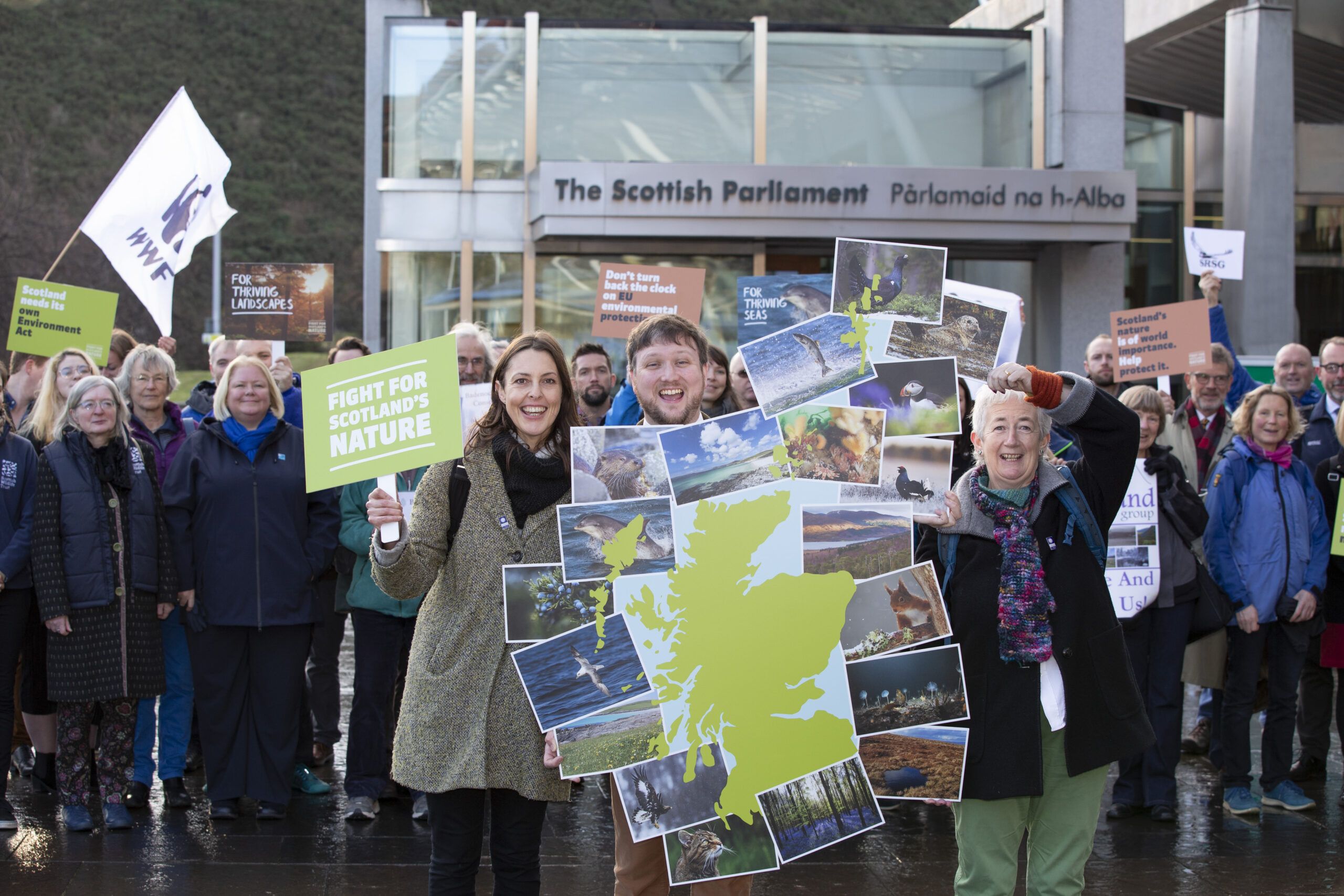
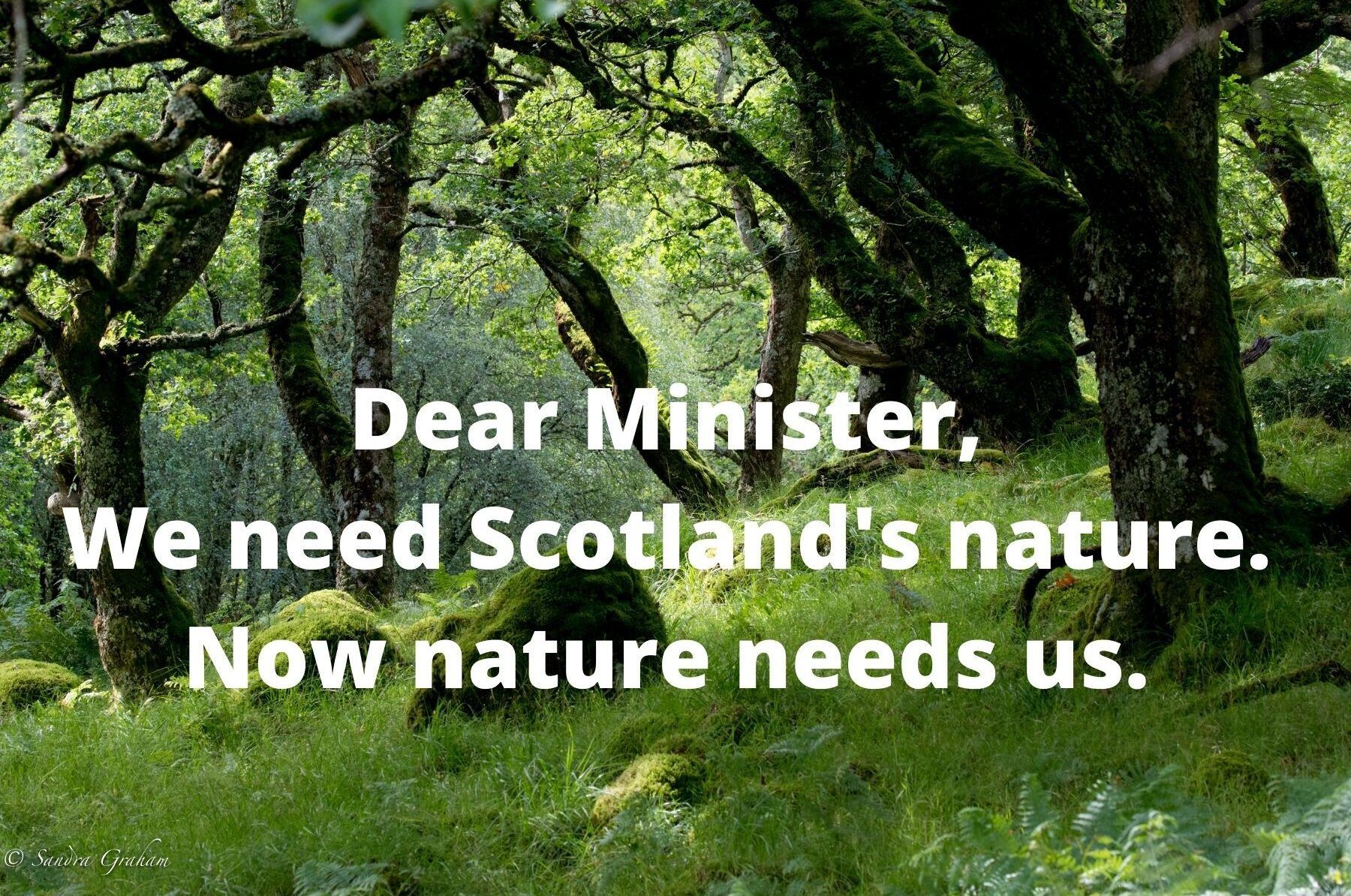
Since 2018, the Fight for Scotland’s Nature campaign has called on the Scottish government to set legally binding targets to halt the rapid decline of Scotland’s nature and set it on track to recovery. This summer, more than 1,200 people wrote messages to Scotland’s Minister for Environment and Land Reform Màiri McAllan about why nature […]
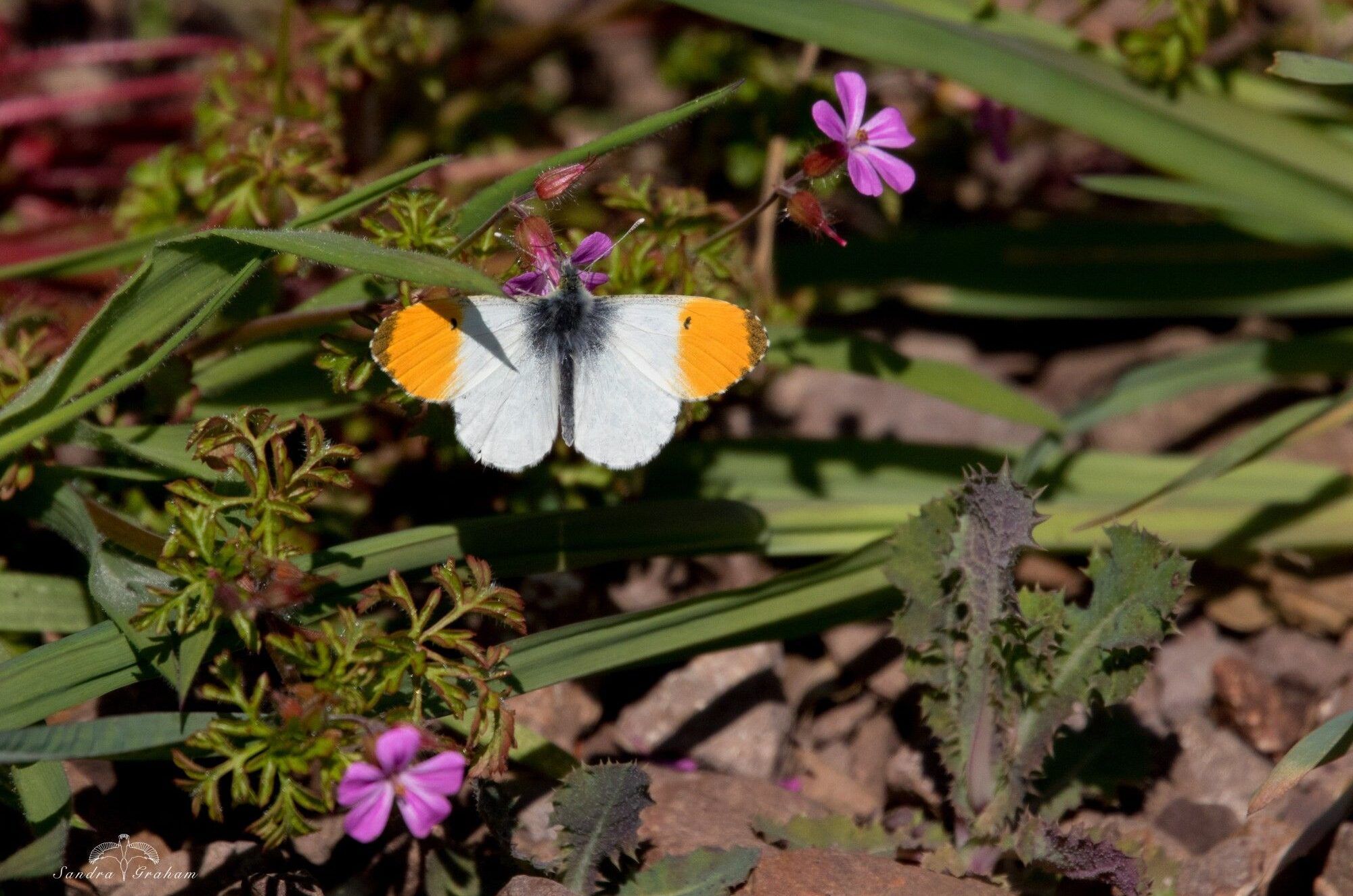
Scottish Environment LINK has welcomed the inclusion in the draft SNP-Green deal of legally binding targets to halt the rapid decline of Scotland’s nature by 2030. The deal, announced today, commits a potential SNP-Green government to introducing a Natural Environment Bill in 2023-24.
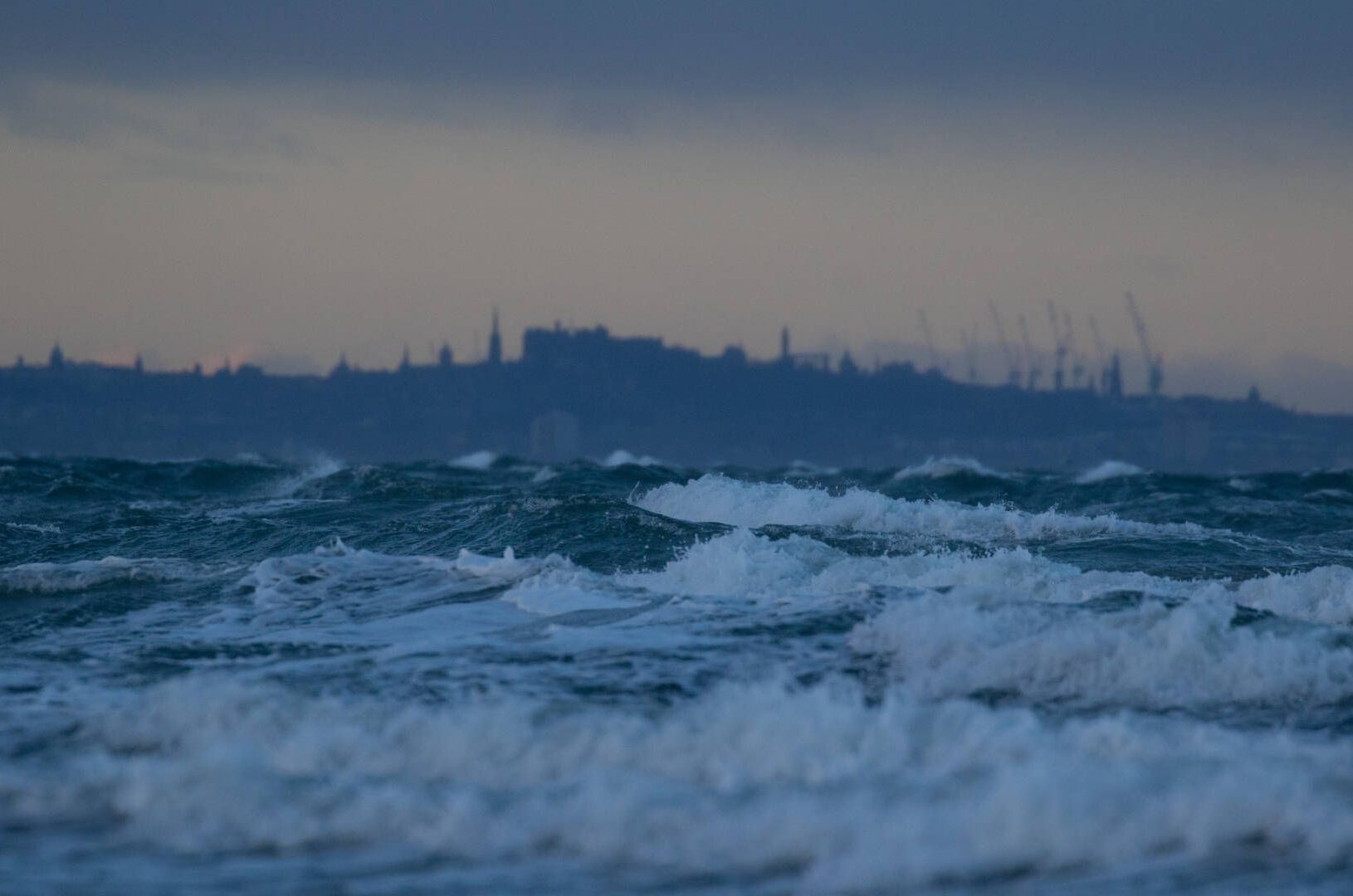
I was fascinated when I learned that millions of native oysters were once harvested from the Firth of Forth every year, providing a cheap and common source of food, and an Edinburgh old town full of raucous ‘oyster cellars’. It can be hard to imagine the places we live as they once were – and just as hard to imagine a different future for them.
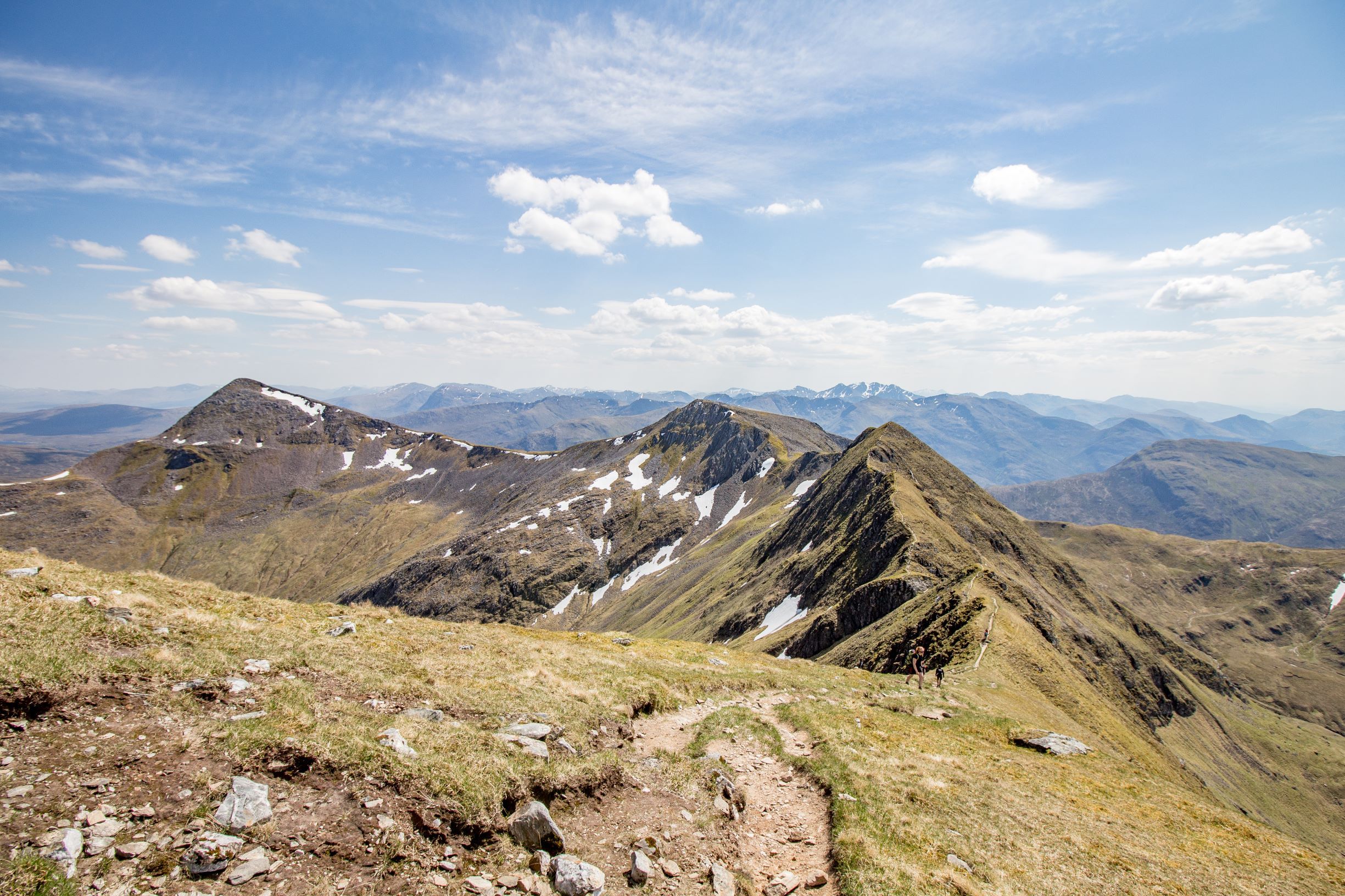
On the last day of June, the Welsh Parliament became the first parliament in the world to declare a nature emergency. The Senedd also called for legally binding targets to halt and reverse the decline of nature. Plaid Cymru member, Delyth Jewell, introduced the motion whilst referencing the missed UN Aichi targets on biodiversity: “When you miss […]
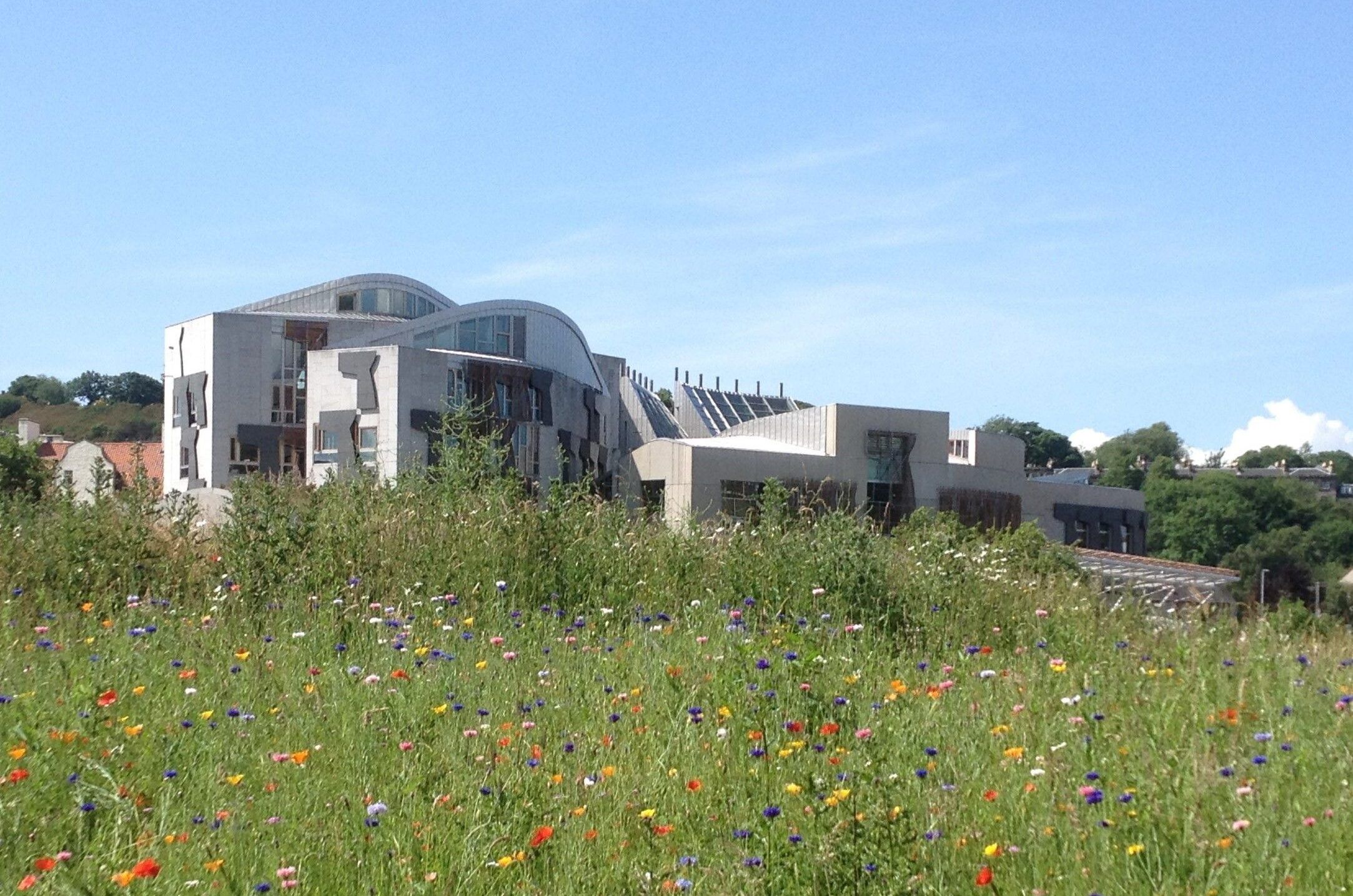
Last week, First Minister Nicola Sturgeon of the SNP and Scottish Green Party co-leaders Patrick Harvie and Lorna Slater announced that their respective parties would hold ‘formal talks’ on a potential cooperation agreement. The SNP-Green Party talks represent an exciting opportunity for the new government to prioritise nature’s recovery by adopting statutory Nature Recovery Targets […]
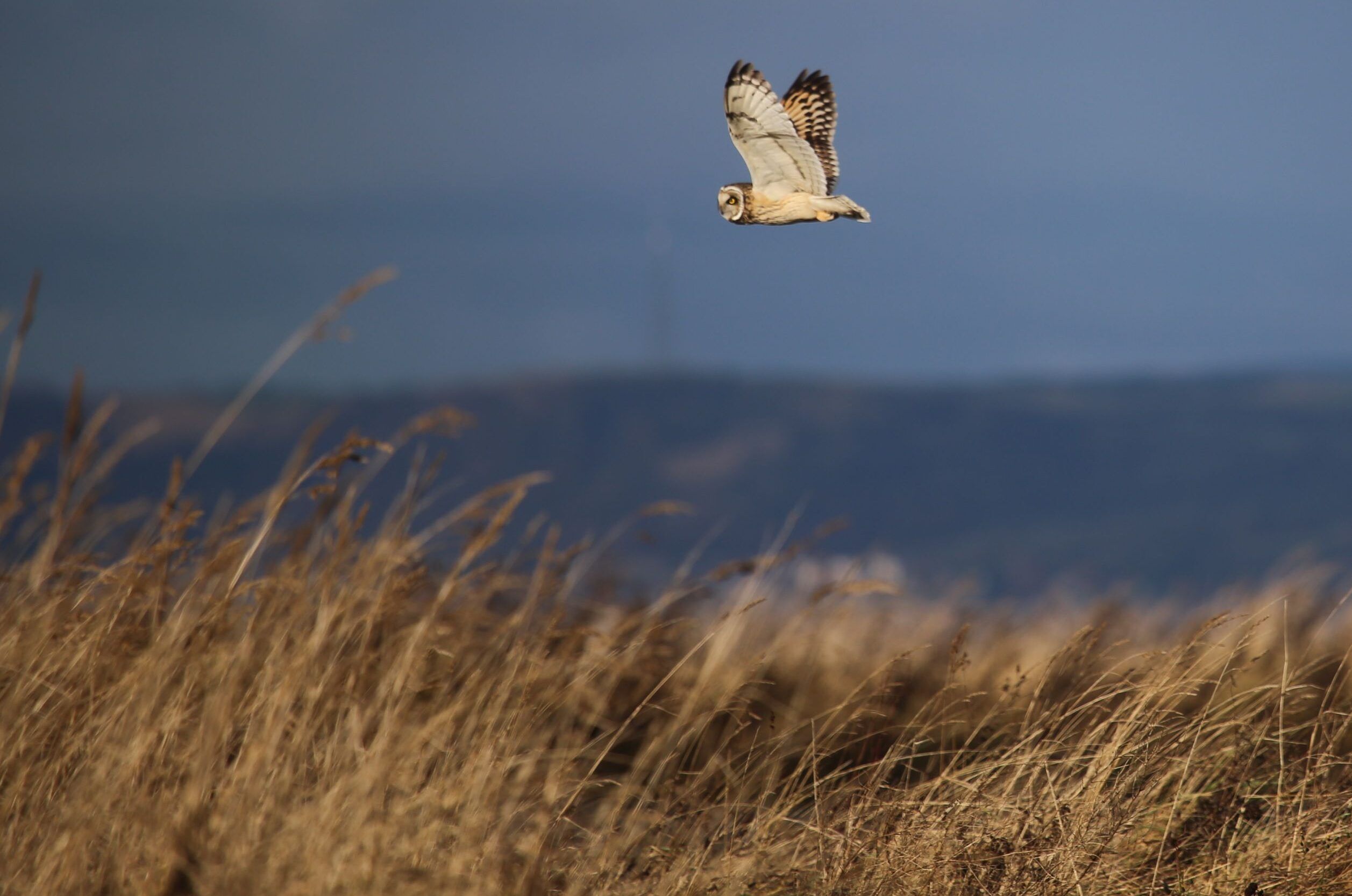
Mass extinction We are living through a mass extinction. Since 1970, our world has seen a drop of almost 70 per cent in the average population of mammals, birds, amphibians, reptiles and fish, and over a quarter of assessed species are now threatened by extinction. While developing countries in sub-Sahara Africa and South Asia repeatedly […]
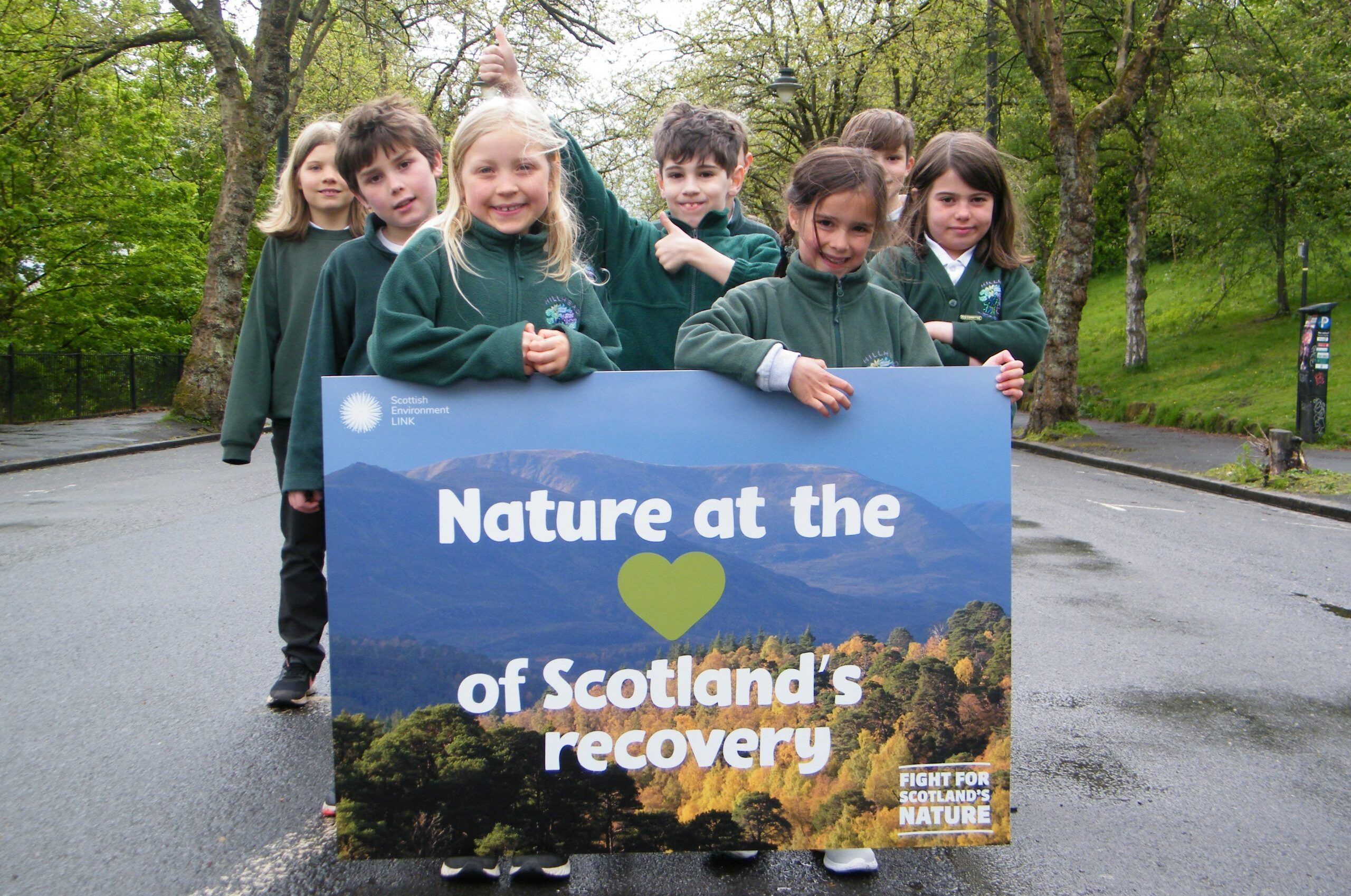
MORE than 35 organisations, including primary school children, have joined forces to call on the First Minister to put nature at the heart of Scotland’s post-Covid-19 recovery. Together, they want the newly elected government to take urgent action to halt the rapid decline in Scottish wildlife and plants and to see legally binding targets by 2022 to help set Scotland’s nature on track to recovery by 2030.
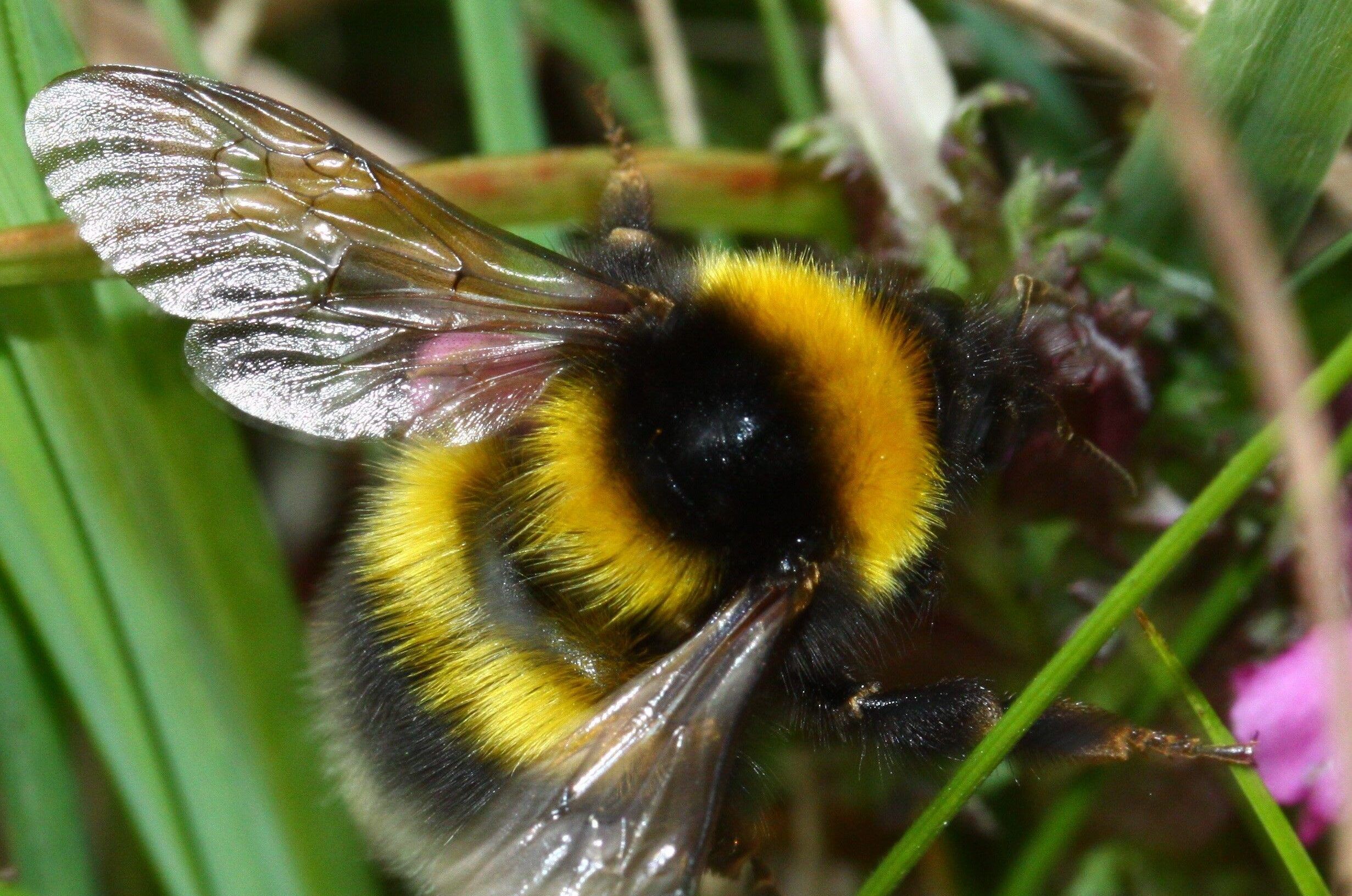
It’s been said often enough, but many of us have never before appreciated or even noticed our natural environment as much as we have since the pandemic. Like a long lost friend, nature has helped to soften the blow of a tough few months peppered with restrictions after restrictions. For me highlights have been scuffing leaves along my regular woodland path in autumn
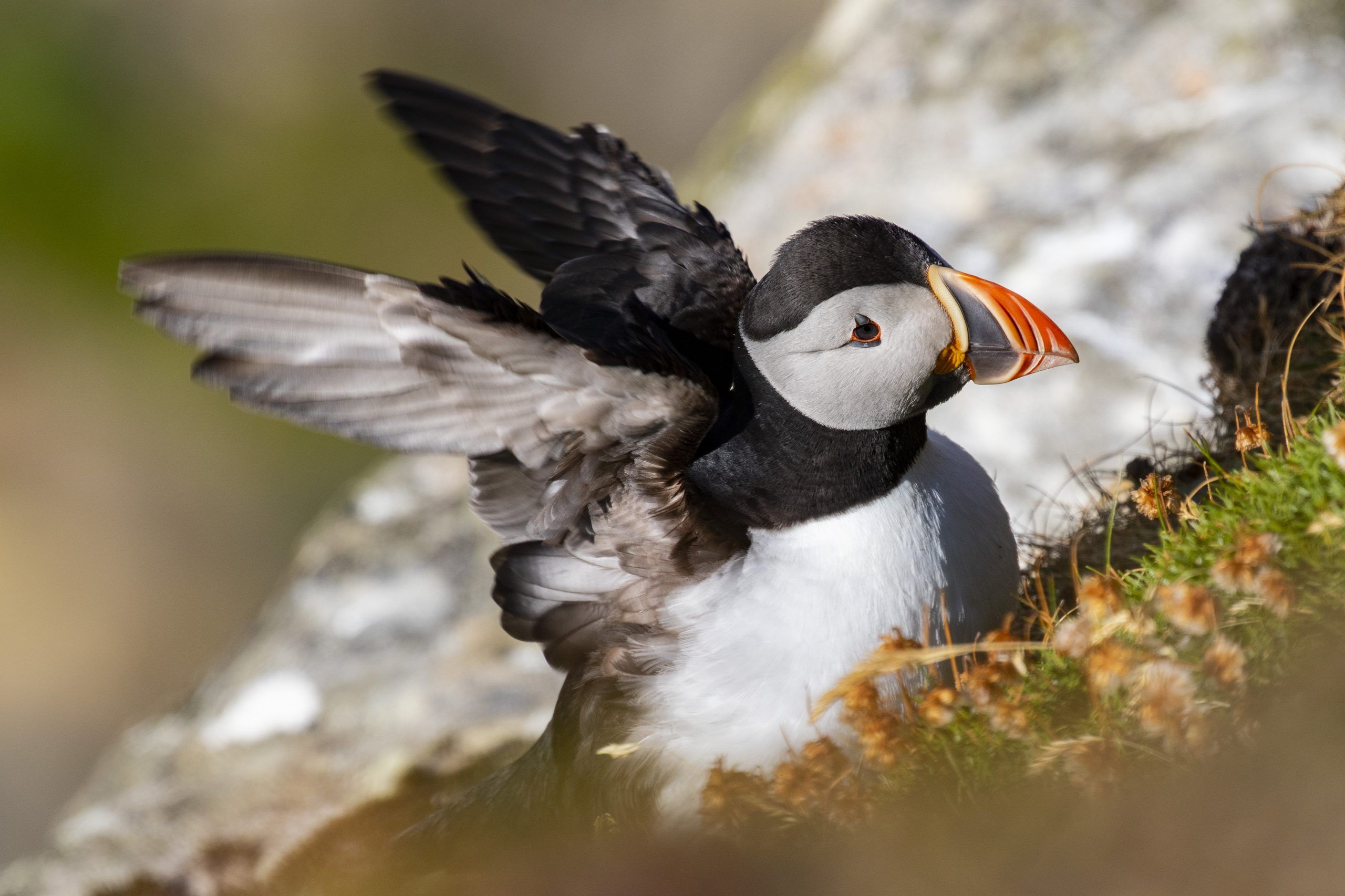
The month of May, I contend, is one of Scotland’s best. Even when spring has been slow to show itself, suddenly in May it puts on a performance, full of bees and blossom and bright green leaves. Nature’s drive for renewal is evident all around us. Added to that, May is Scotland’s sunniest month, and when the sun shines in May I can fool myself that it’s going to stay with us right through to September.
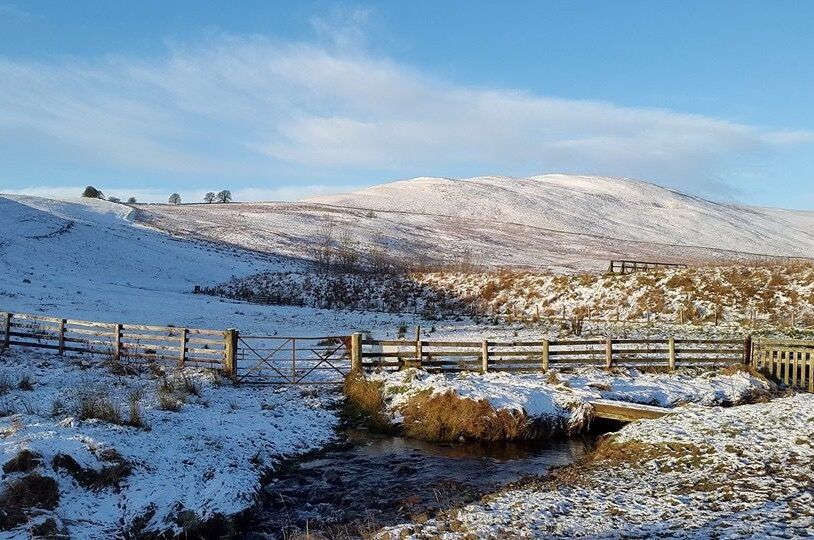
Scotland’s EU Continuity Bill was passed by MSPs on 22 December 2020. This bill is an important one for Scotland’s natural environment, as it aims to ensure that the environmental safeguards that came with EU membership remain in place now that the UK has left the EU.

Today MSPs at Holyrood voted to pass the EU Continuity Bill, setting out how Scotland will protect its natural environment from 1 January 2021, when the crucial environmental safeguards that come with EU membership cease to apply. The Fight for Scotland’s Nature campaign has called since 2018 for strong new laws to protect and restore […]
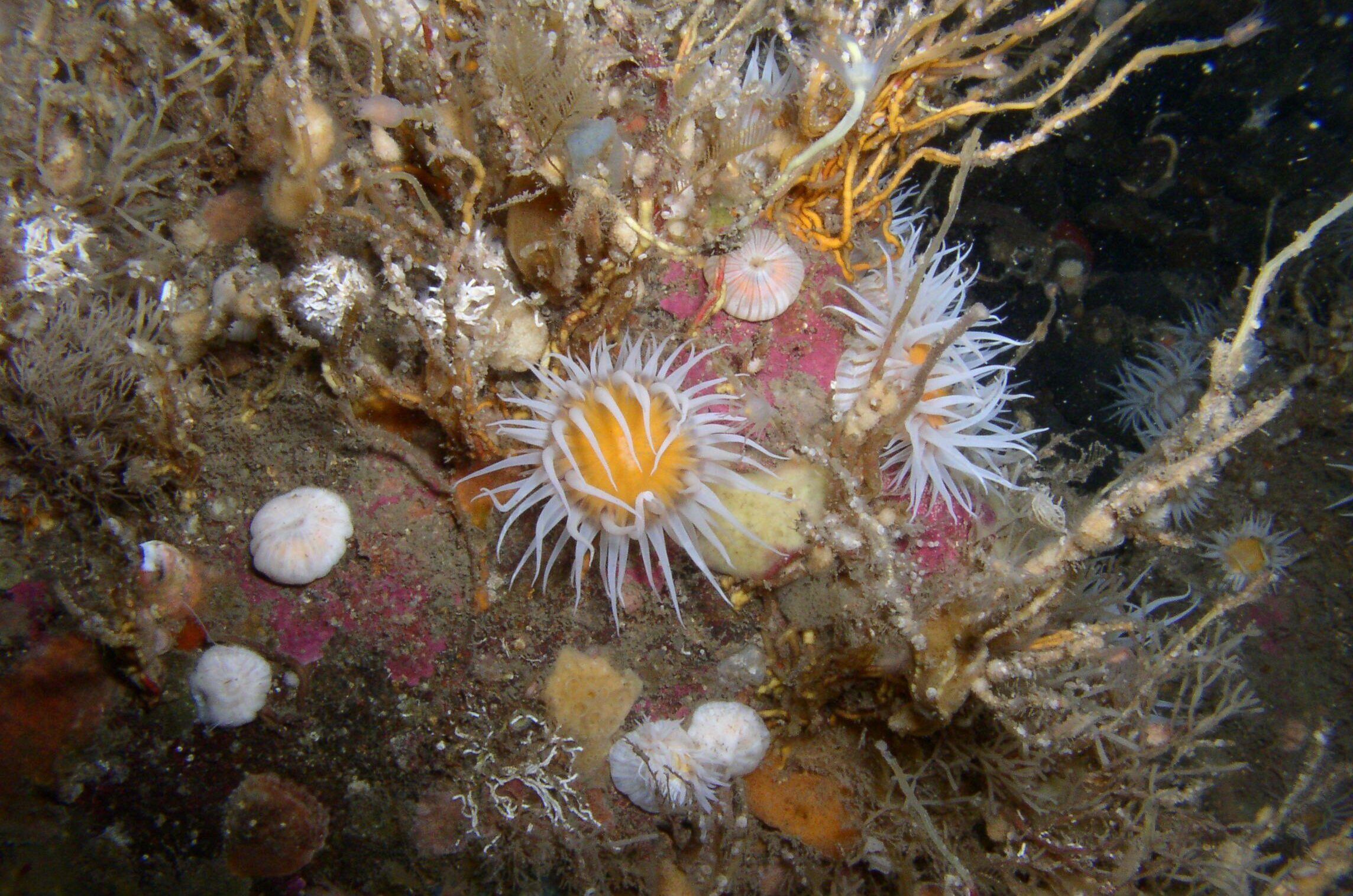
Scottish Environment LINK has warned Scotland’s natural environment and wildlife remain at grave risk unless major gaps in new Scottish nature laws are closed before Brexit.
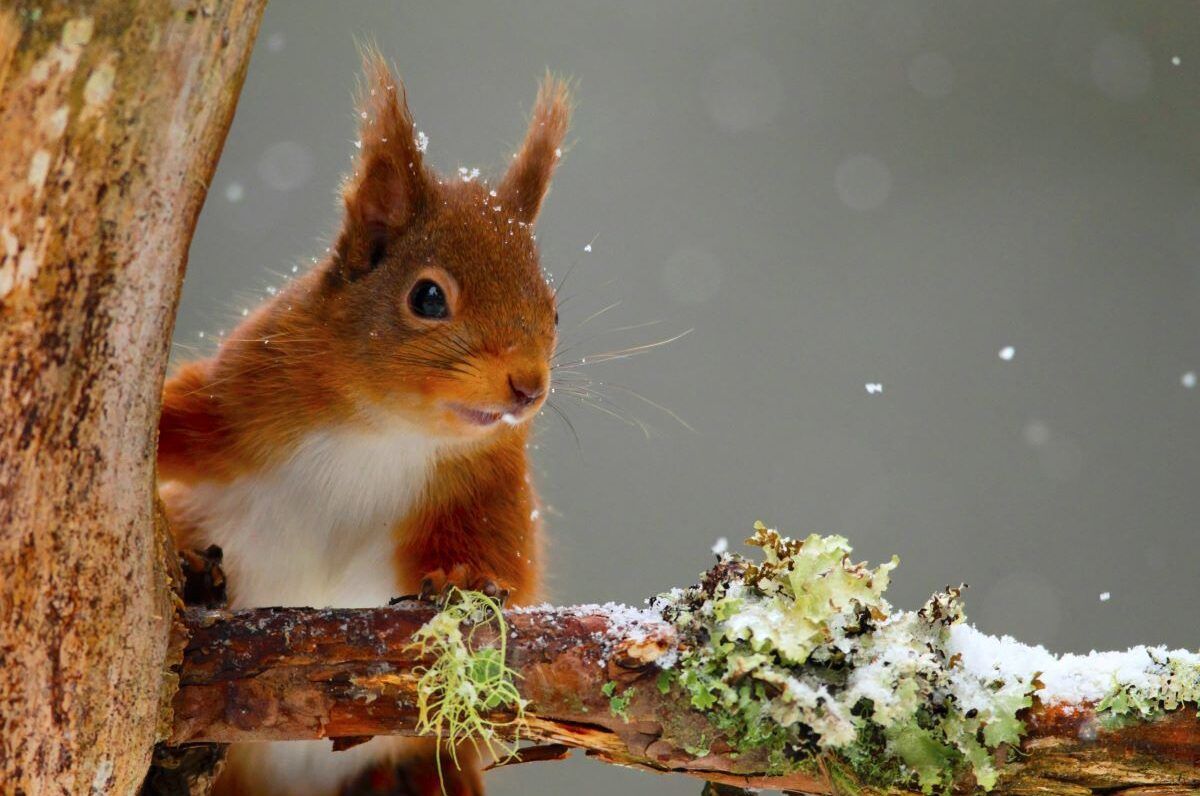
Scottish Environment LINK, a coalition of Scotland’s leading environmental charities, has today welcomed initial improvements to the Scottish Government’s EU Continuity Bill, which delivers crucial post-Brexit environmental protections, including an environment watchdog.
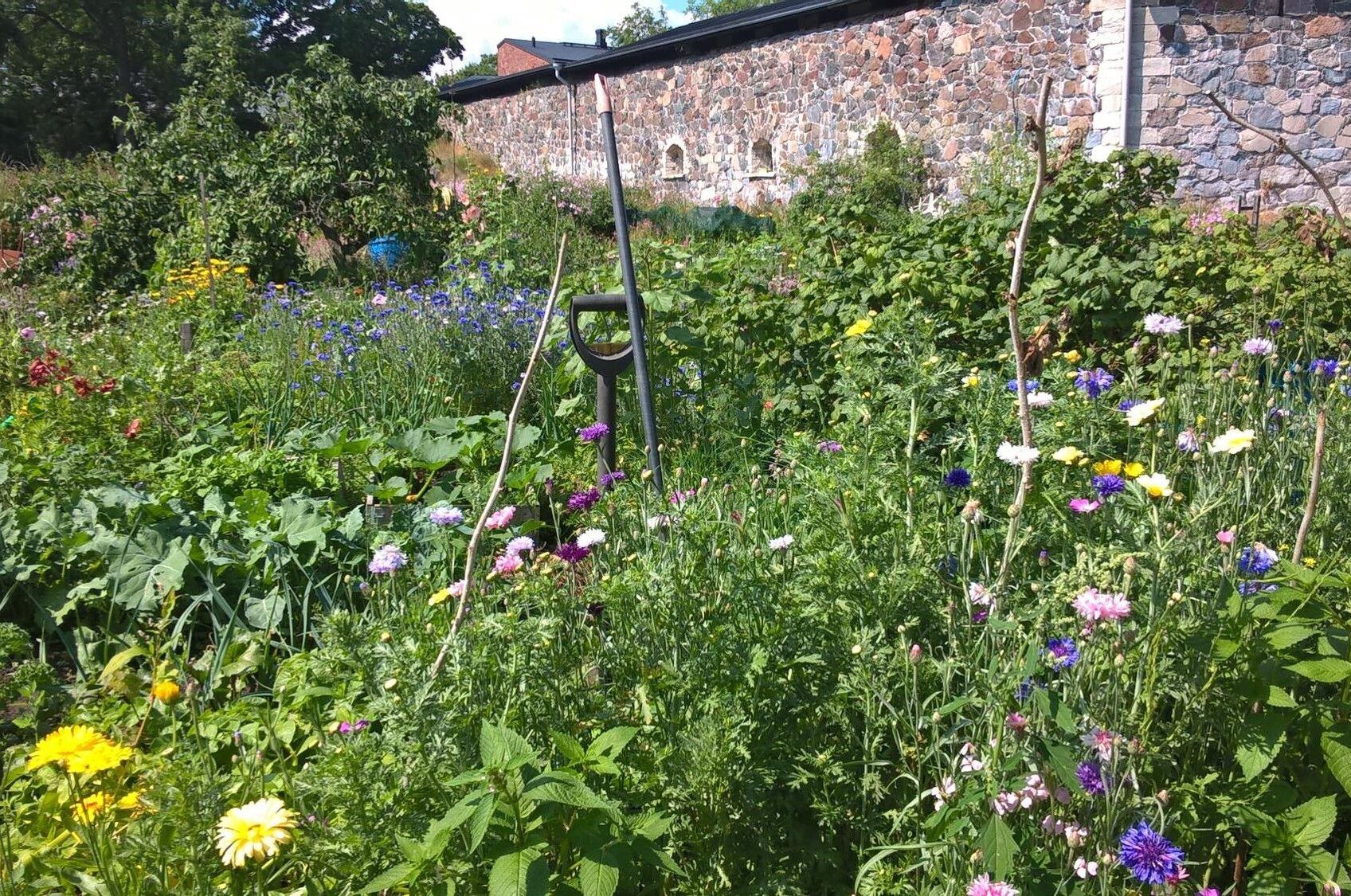
When a local beauty spot – a beach, a wood, a hillside – comes under threat, local people are very often its most passionate defenders. Meetings are held, alliances formed, knowledge rapidly acquired and shared, and politicians lobbied in a quest to save a much-loved piece of nature.
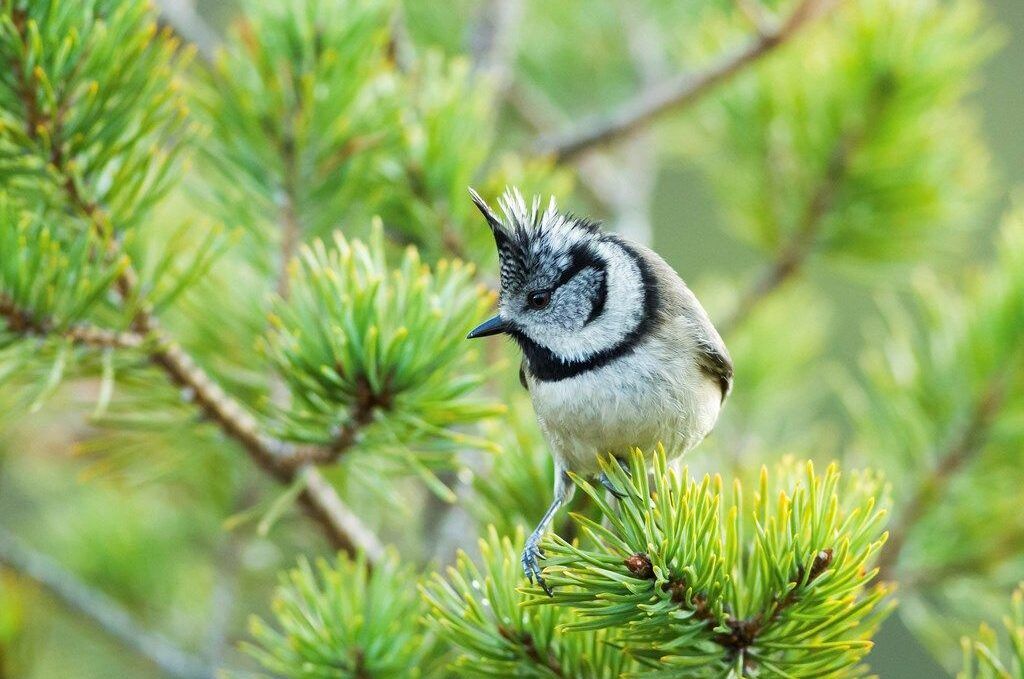
Last month, the Scottish Government declared responsibility for transformative change for nature. With 1 in 9 species at risk of extinction in Scotland and the world failing to meet its commitments for nature, we must take immediate action to enact laws that protect and enhance the nature around us before it is gone forever.
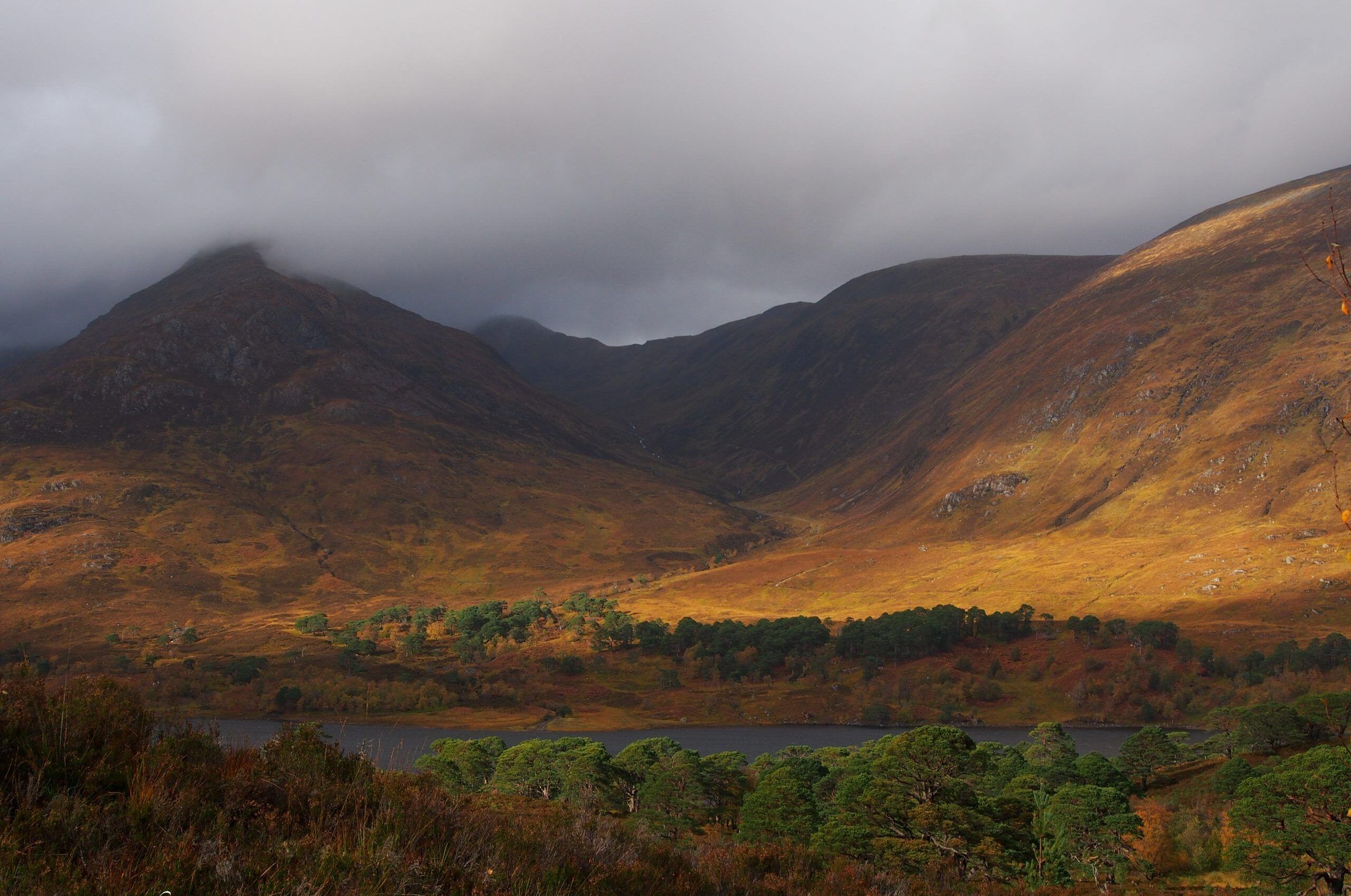
Scottish Environment LINK, a coalition of Scotland’s leading environment charities, has warned the UK government that its plan to create a UK internal market could seriously harm Scotland’s natural environment by dragging down standards.
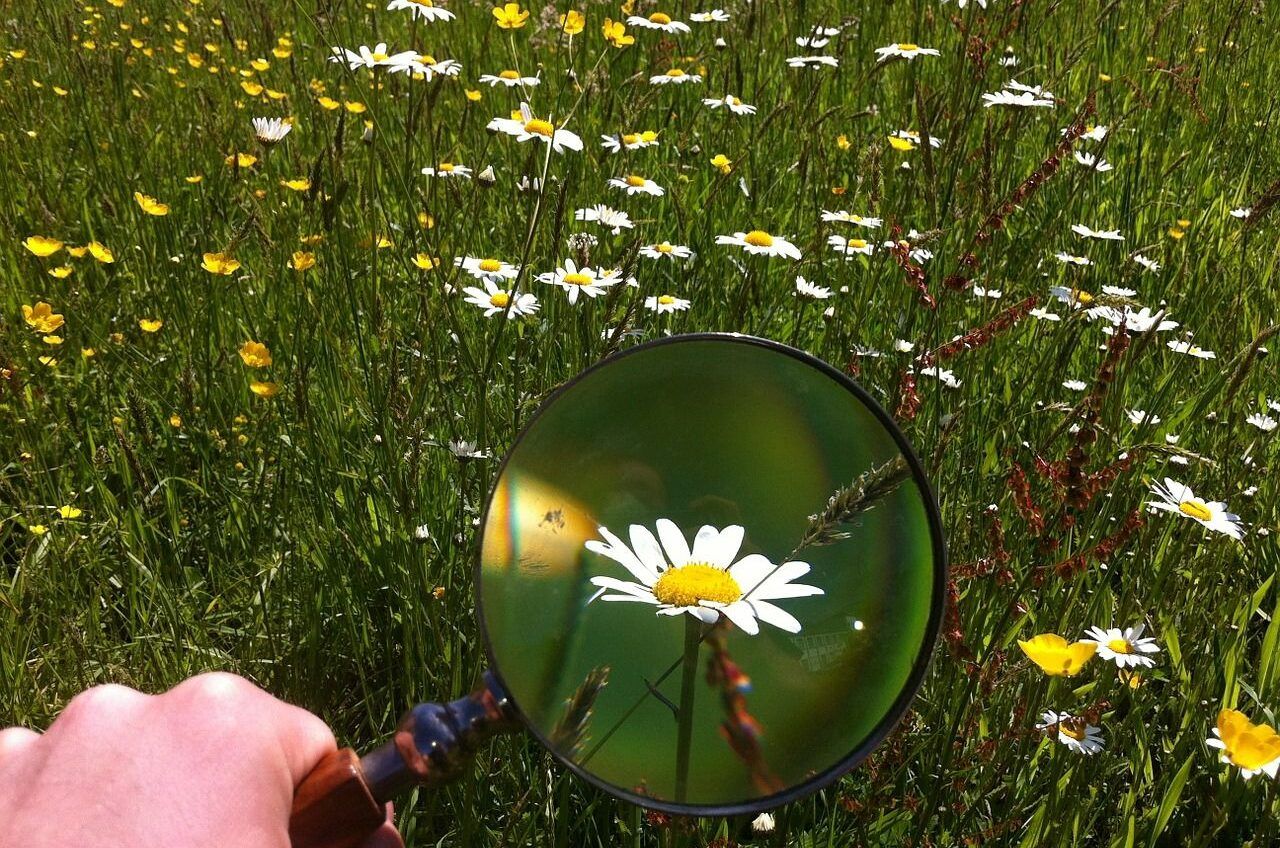
How fully does the Scottish Government's proposed new environment watchdog replace the oversight and enforcement functions previously carried out by EU institutions? Will it have the independence, powers and resources required to hold government to account on environmental matters?
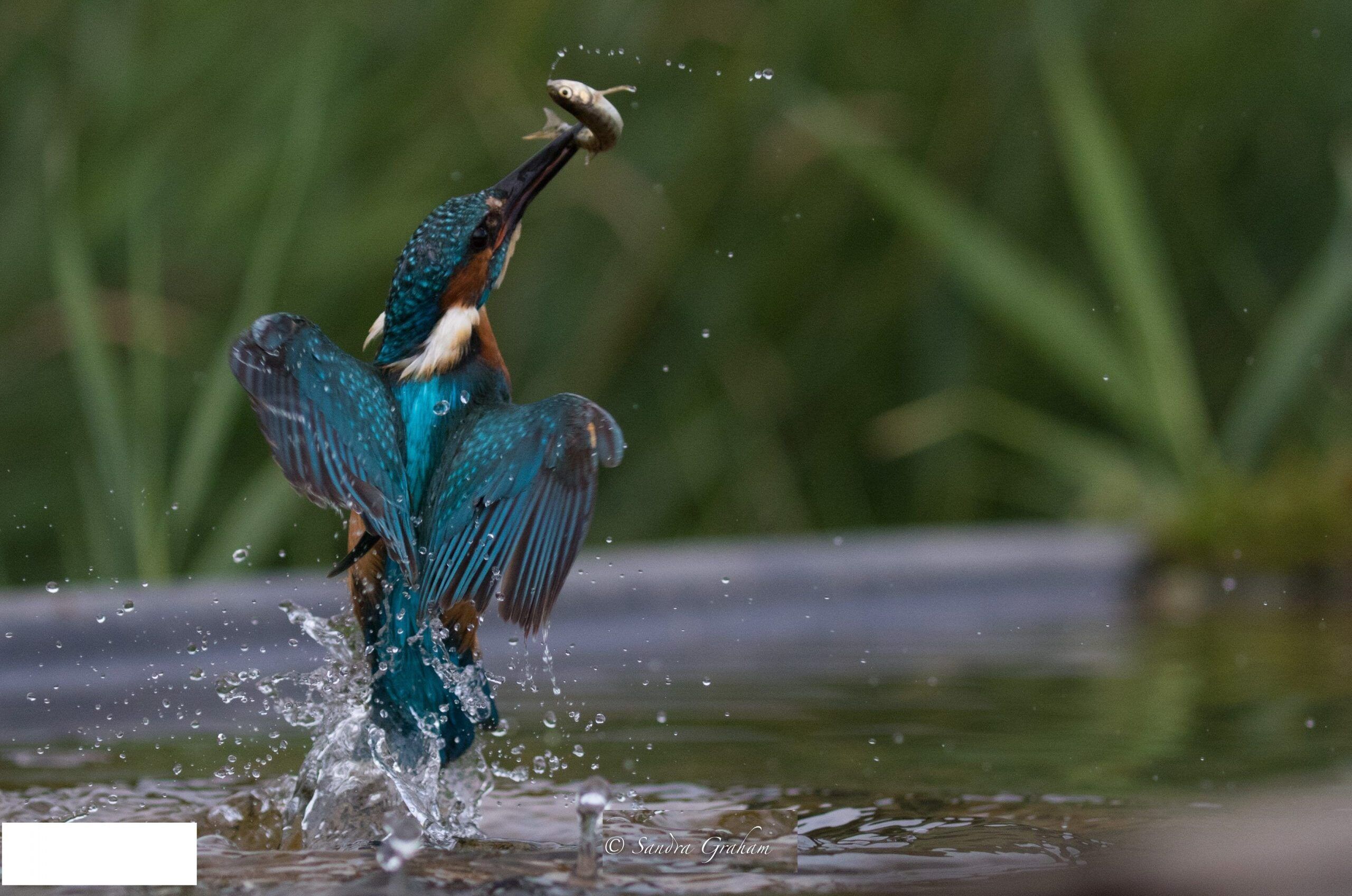
If you believe your local environment is being harmed due to the failure of a public body to meet environmental standards, you can raise an official complaint and request an investigation. Well, you can until the end of December 2020, that is, when the Brexit transition period ends. A major benefit of EU membership is […]
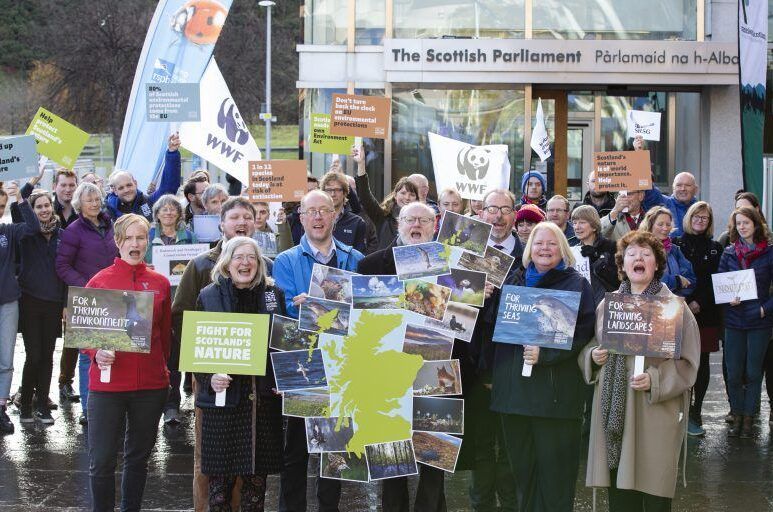
Scottish Environment LINK has today welcomed the Scottish government’s announcement of a new EU Continuity Bill to safeguard vital environmental protections that would otherwise be lost in December this year, at the end of the Brexit transition period.
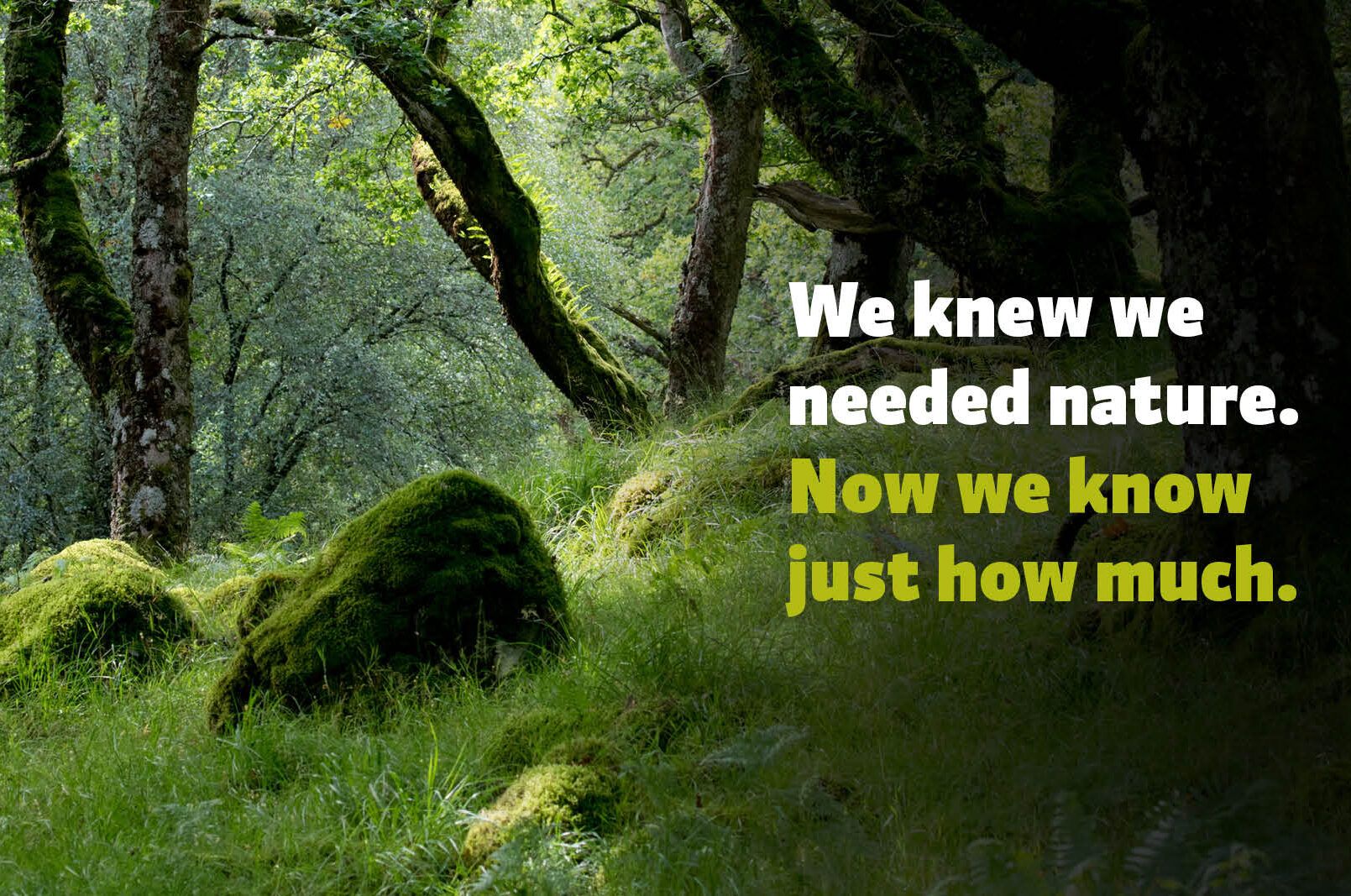
Following the Scottish government’s recent announcement that refusal to extend the Brexit transition would have a damaging impact on Scotland’s recovery from the Covid-19 crisis [1], Scottish Environment LINK (LINK), a coalition of Scotland’s leading environmental charities has warned that the accompanying loss of EU environmental protections for Scotland would also put at risk ambitions […]

Scotland’s leading environment charities have welcomed the Scottish Government’s announcement today of an environment strategy, applauding the government’s commitment to restore nature and end Scotland’s contribution to climate change. They have called on the government to back up its commitment with legally binding targets for nature recovery. The charities, members of Scottish Environment LINK and behind the Fight for Scotland’s Nature
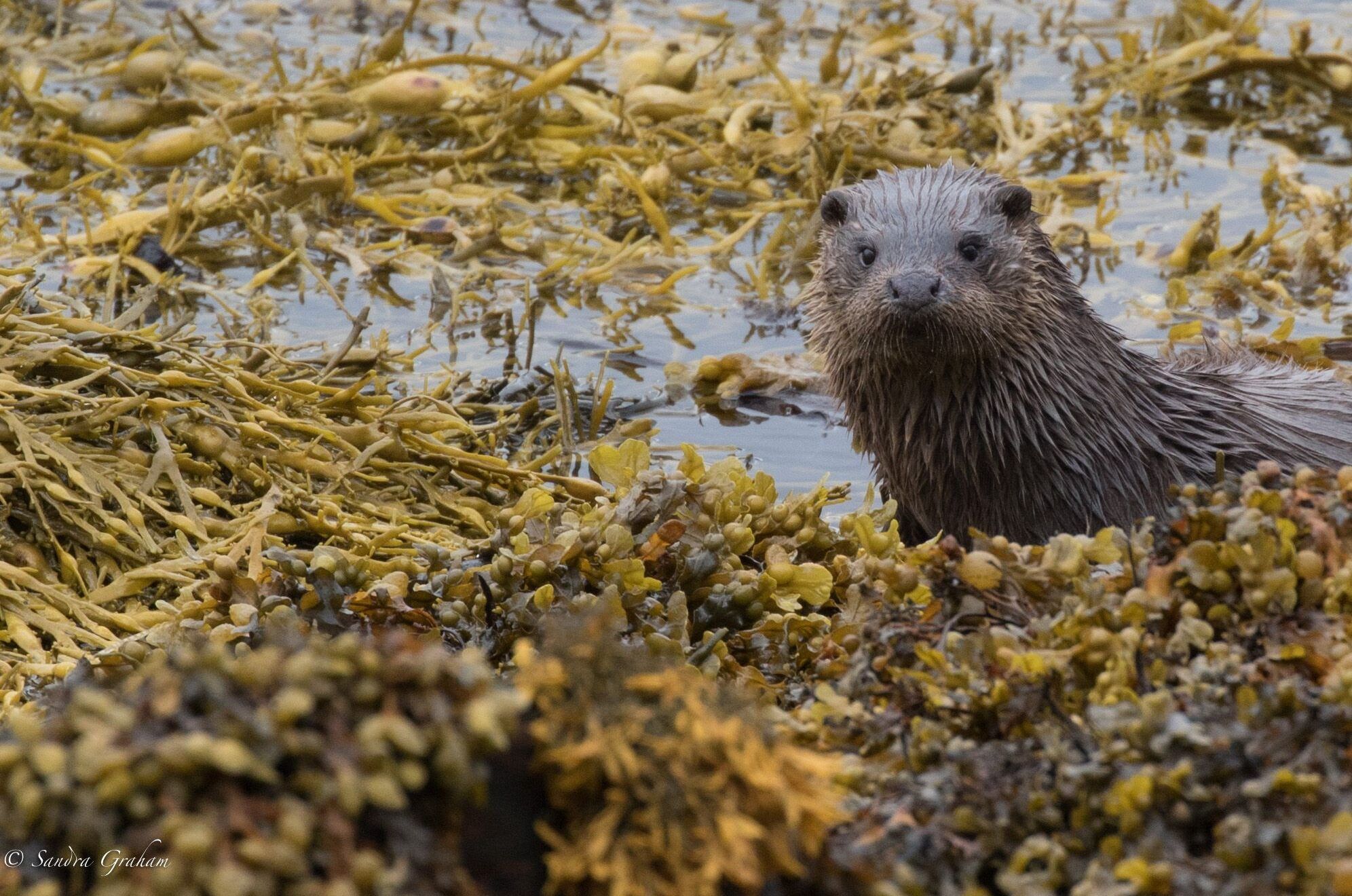
We, Scotland’s people, love our nature. Our beautiful and varied natural environment is integral to who we are and how we see ourselves. Yet we know that nature is in trouble and needs our help. The start of a new decade provides us with unique opportunities we must seize. This year, in which Scotland hosts the UN Climate Summit for the first time, we must focus on our ailing planet and the chance we still have to put things right.
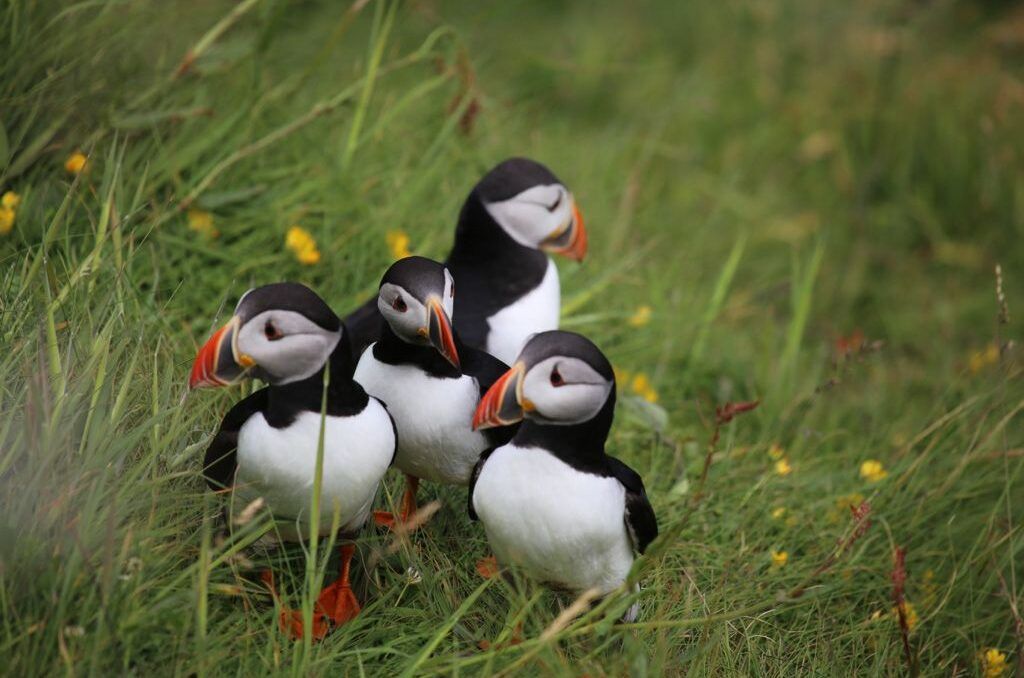
Brexit trade deals could put iconic Scottish wildlife at risk at a time when 1 in 9 species in Scotland are at risk of extinction, say a group of leading environmental charities. Otters, bottlenose dolphins, puffins, bats, Golden eagle and osprey are among a host of species that will face increased threats after 31 January. Many of Scotland’s most important wildlife species and habitats benefit from high levels of protection originating from the EU.
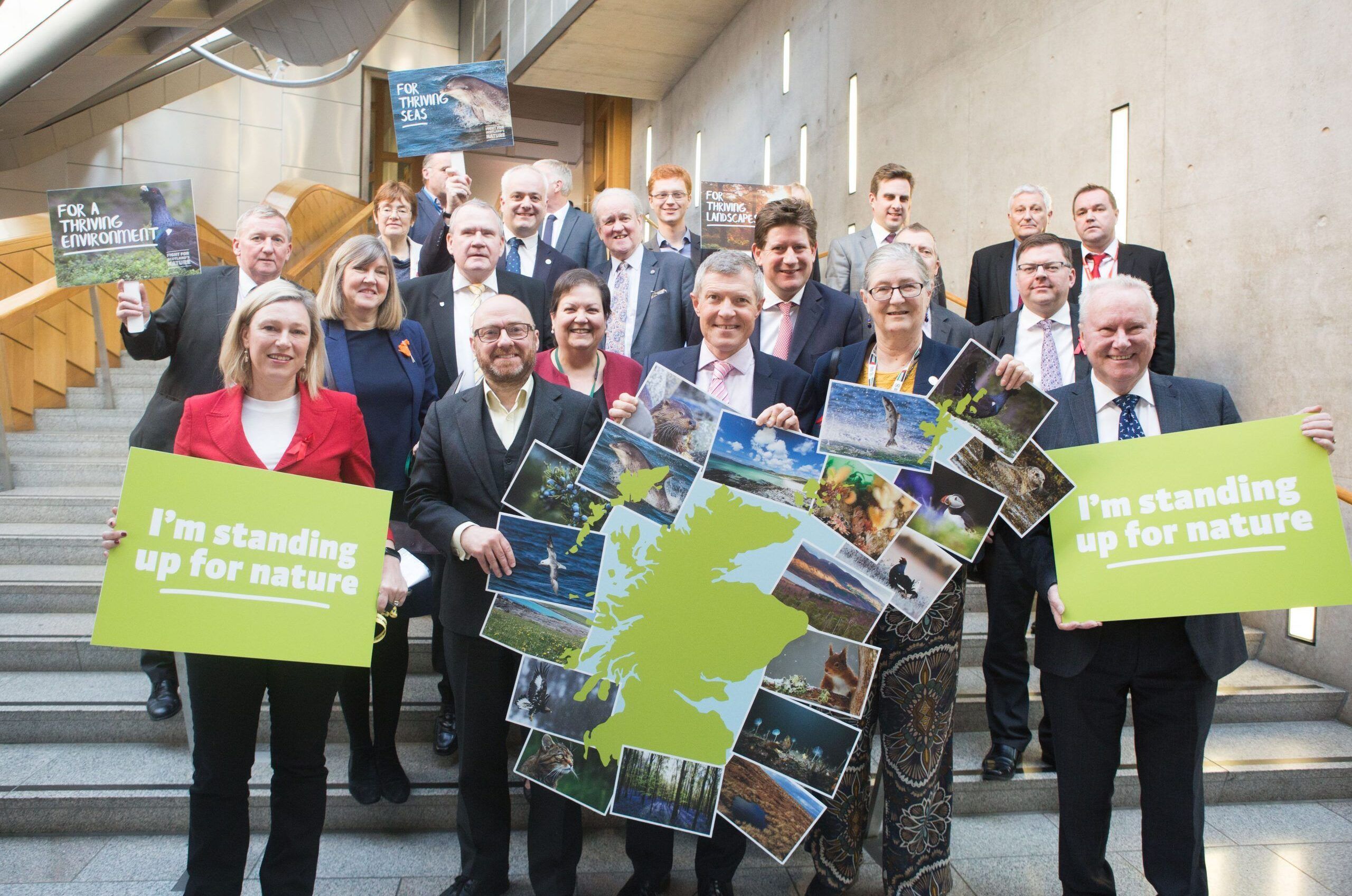
The huge and vital challenge of tackling the joint nature and climate emergencies means our natural world needs allies like never before. Today, we’re celebrating the commitment made by Members of the Scottish Parliament (MSPs) to Stand Up for Nature. Fifty-one MSPs from across the political parties, many of whom are also species champions, have signed the pledge launched by Scottish Environment LINK to work for the protection, recovery and enhancement of Scotland’s natural environment.
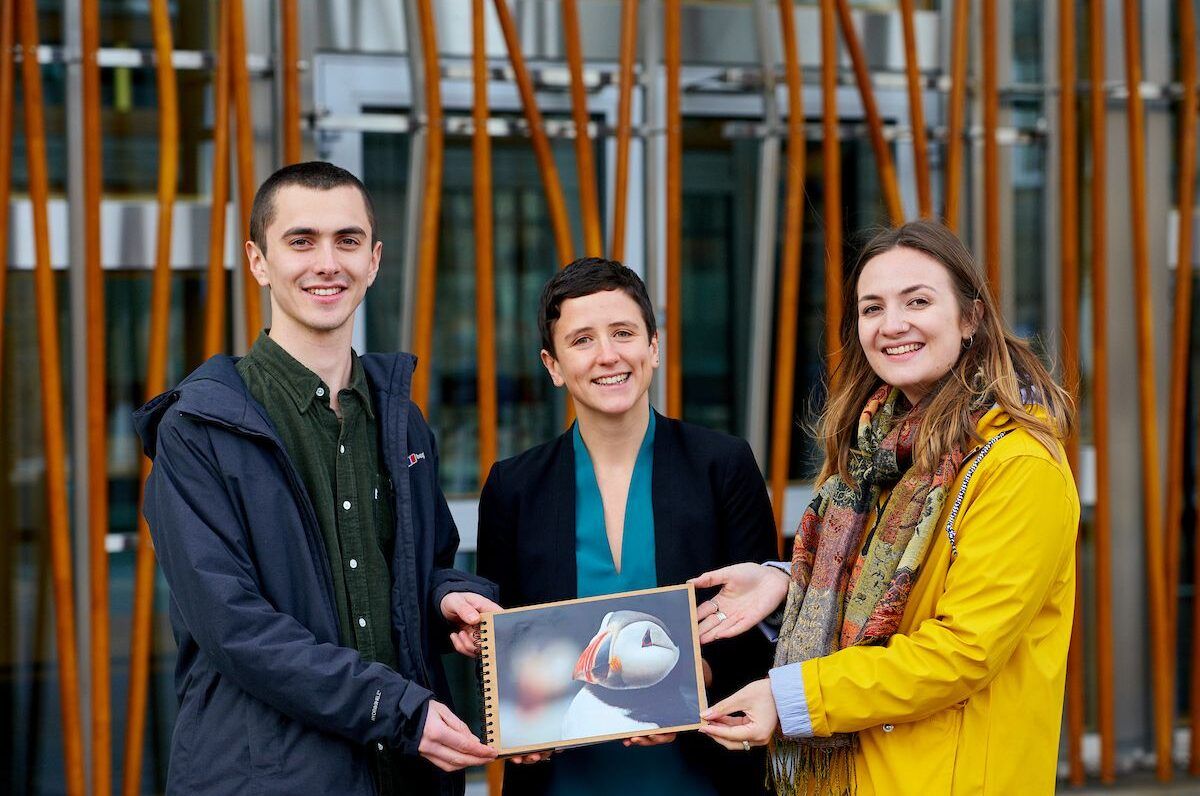
European Union protections have played a significant role in protecting our natural environment and stemming the tide of environmental decline in Scotland. There is a risk that many of these protections will be lost if the UK leaves the EU. Regardless of the Brexit scenario, the joint nature and climate crises mean that the Scottish Government needs to strengthen environmental laws, to enforce environmental protection and reverse the declines of habitats and species.
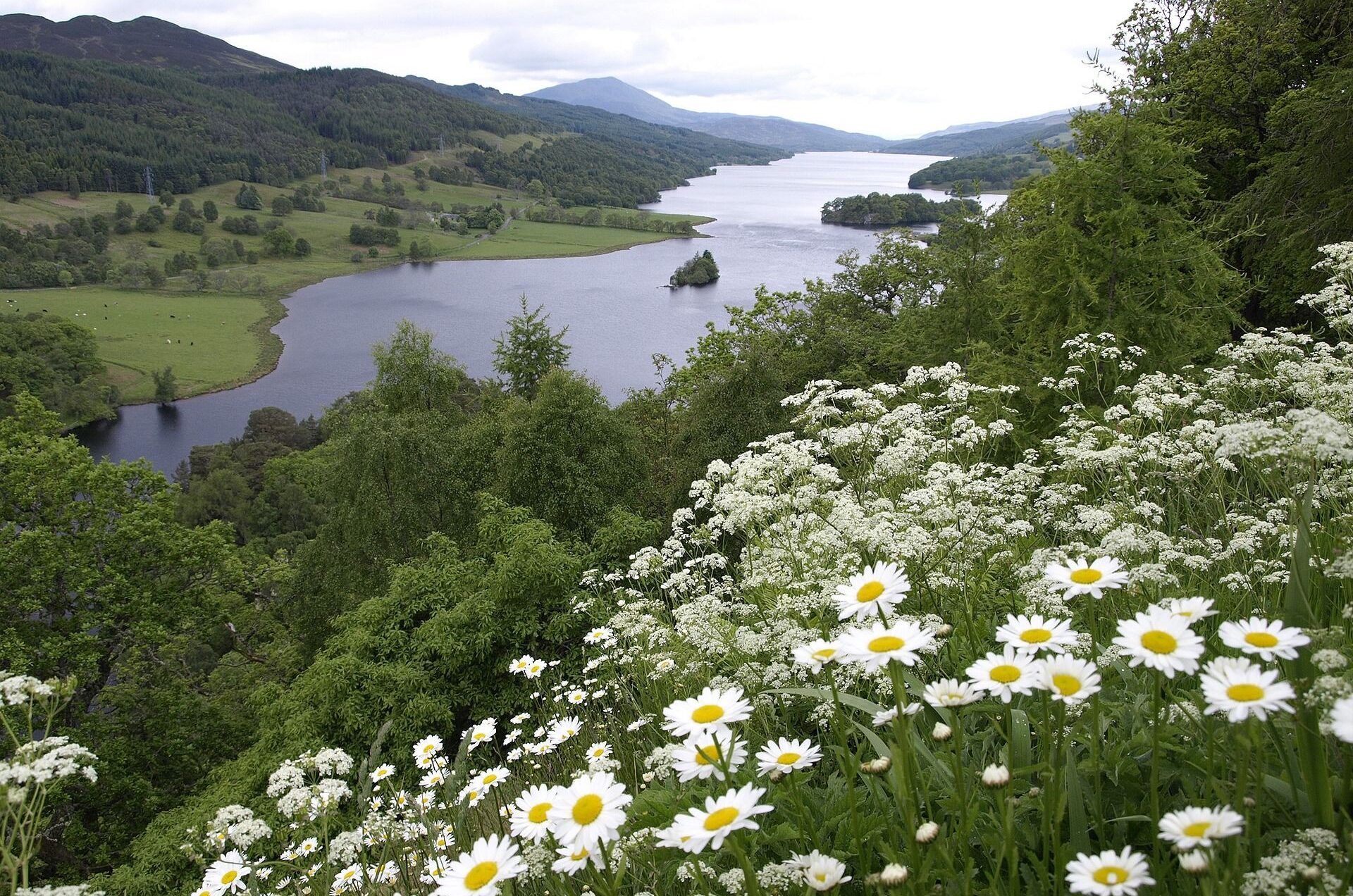
Leading environmental charities have welcomed a plan announced by Scotland’s Environment Secretary Roseanna Cunningham to set up an interim advisory panel to safeguard Scotland’s environmental standards in the event of a No Deal Brexit. Although the EU has this week granted an extension to Article 50, avoiding a No Deal exit on 31 October, this does not take No Deal entirely off the table.
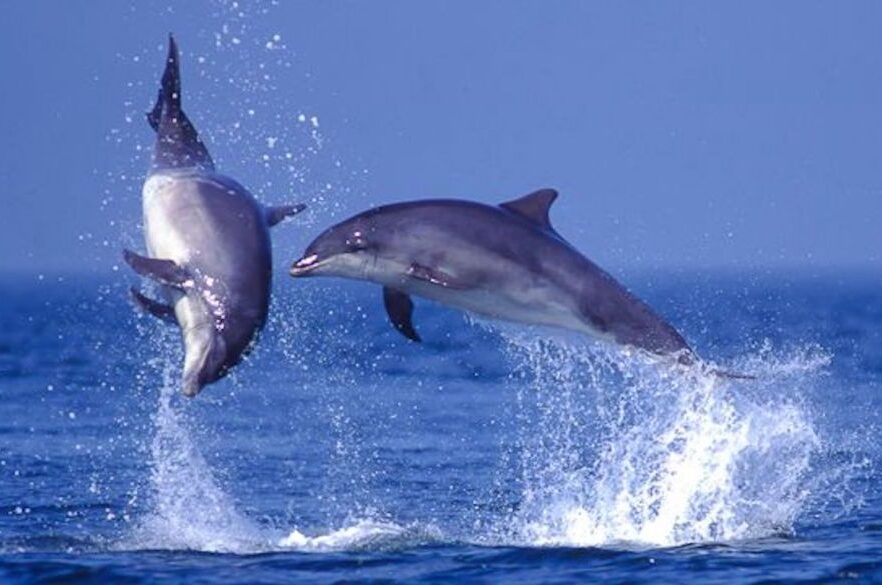
We have seen a huge improvement in the wildlife and diversity in the region, including a very significant increase in abundance of species such as jewel anemones which require clear water, more fish and a 286 per cent increase in porpoise. EU legislation has led to greater protection of Scotland's wildlife and it is vital that this continues post-Brexit.
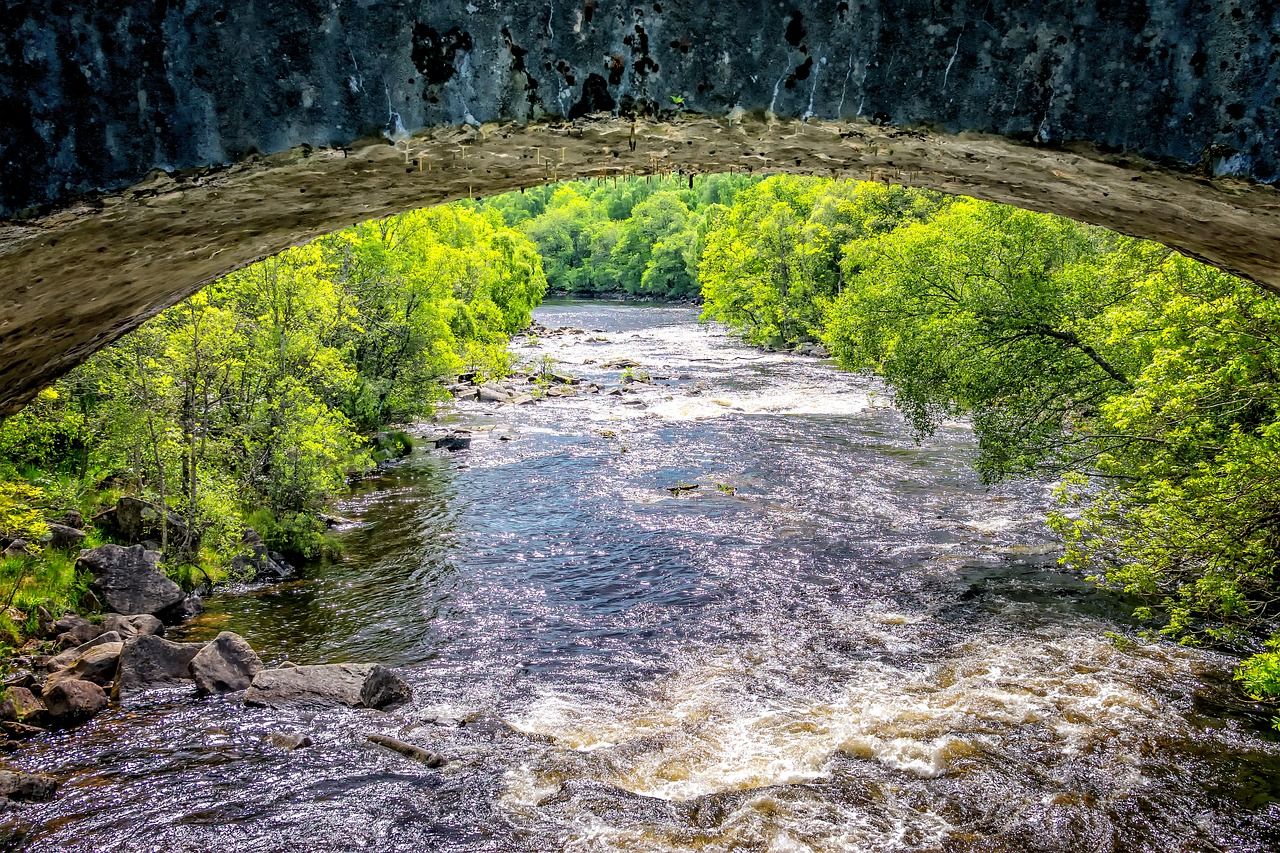
The results of the Scottish Government's consultation on Environmental Principles and Governance show concern over the potential impact of Brexit on environmental protections, and widespread support for proposals to safeguard standards and introduce new arrangements for scrutinising and enforcing these protections.
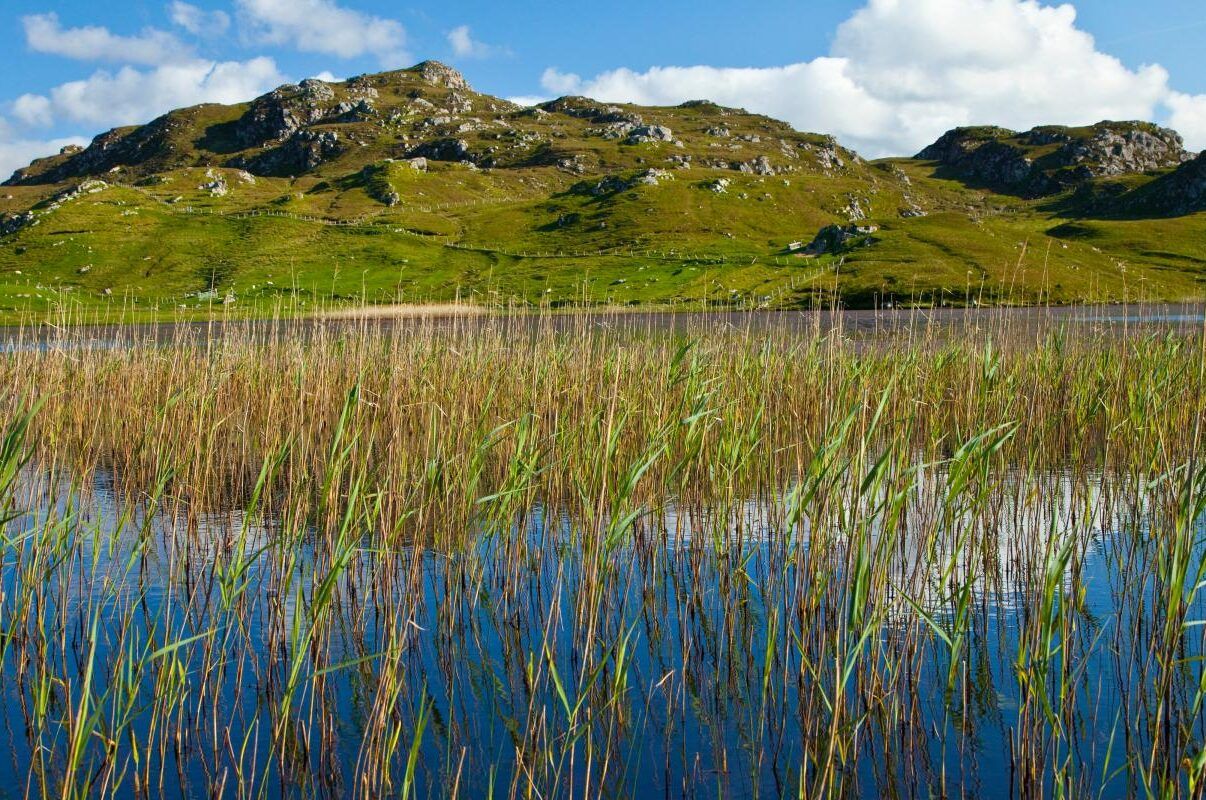
A new poll released today shows that more than three quarters of the Scottish public (86 per cent) say they are concerned about the potential threats to wildlife from climate change, habitat loss and pollution. In addition to this, a staggering 94 per cent have expressed that they see Scotland’s natural environment as ‘very important’ […]
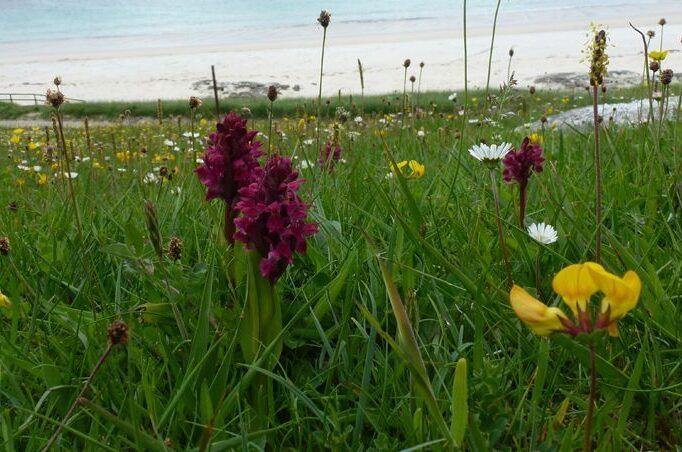
Given the overwhelming public support for action the new Programme for Government falls short of expectations. A recent survey undertaken by Survation on behalf of Scottish Environment LINK, a coalition of Scotland’s leading environmental charities has found that as many as 84% of Scots want the same or higher levels of environmental standards in the […]
Scottish Environment LINK has joined more than 85 civil society organisations in signing an open letter to the Prime Minister expressing grave concerns about the impact of a no-deal Brexit. You can read the letter here. For more information, visit the Brexit Civil Society Alliance. Read our blog, ‘A No Deal Brexit is No Good for Scotland’s […]
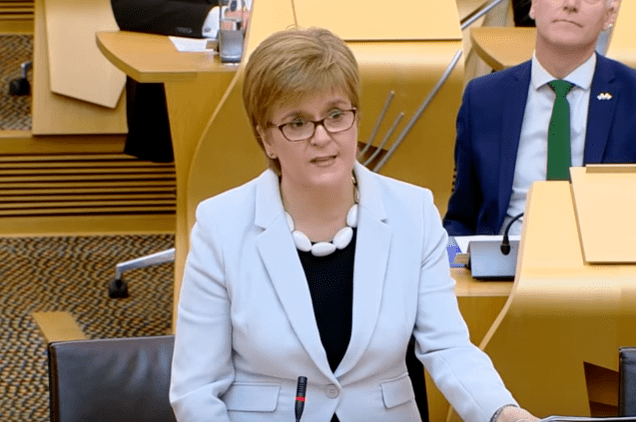
In June, LINK brought together 97 organisations to write to the First Minister to ask her to take action to protect, enhance and restore our environment – as the best insurance against climate change and to provide subsequent generations with a sustainable future. The First Minister’s reply
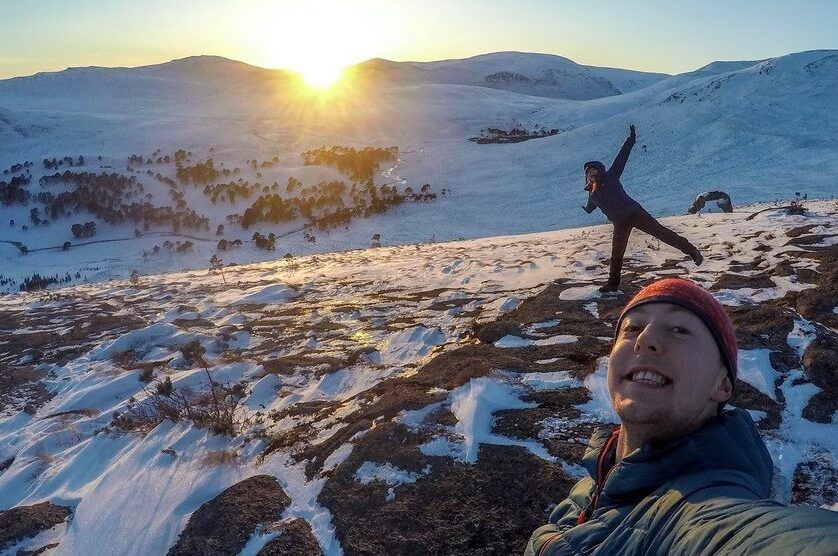
Stand up for the nature you love! Is it bumblebees in your local park? Puffins in the Firth of Forth? Oak trees on the banks of Loch Lomond? Join the Fight for Scotland’s Nature by tweeting your nature pictures or videos to Nicola Sturgeon. 1/ Take a photo or video of what you love. Maybe you’re in the picture too
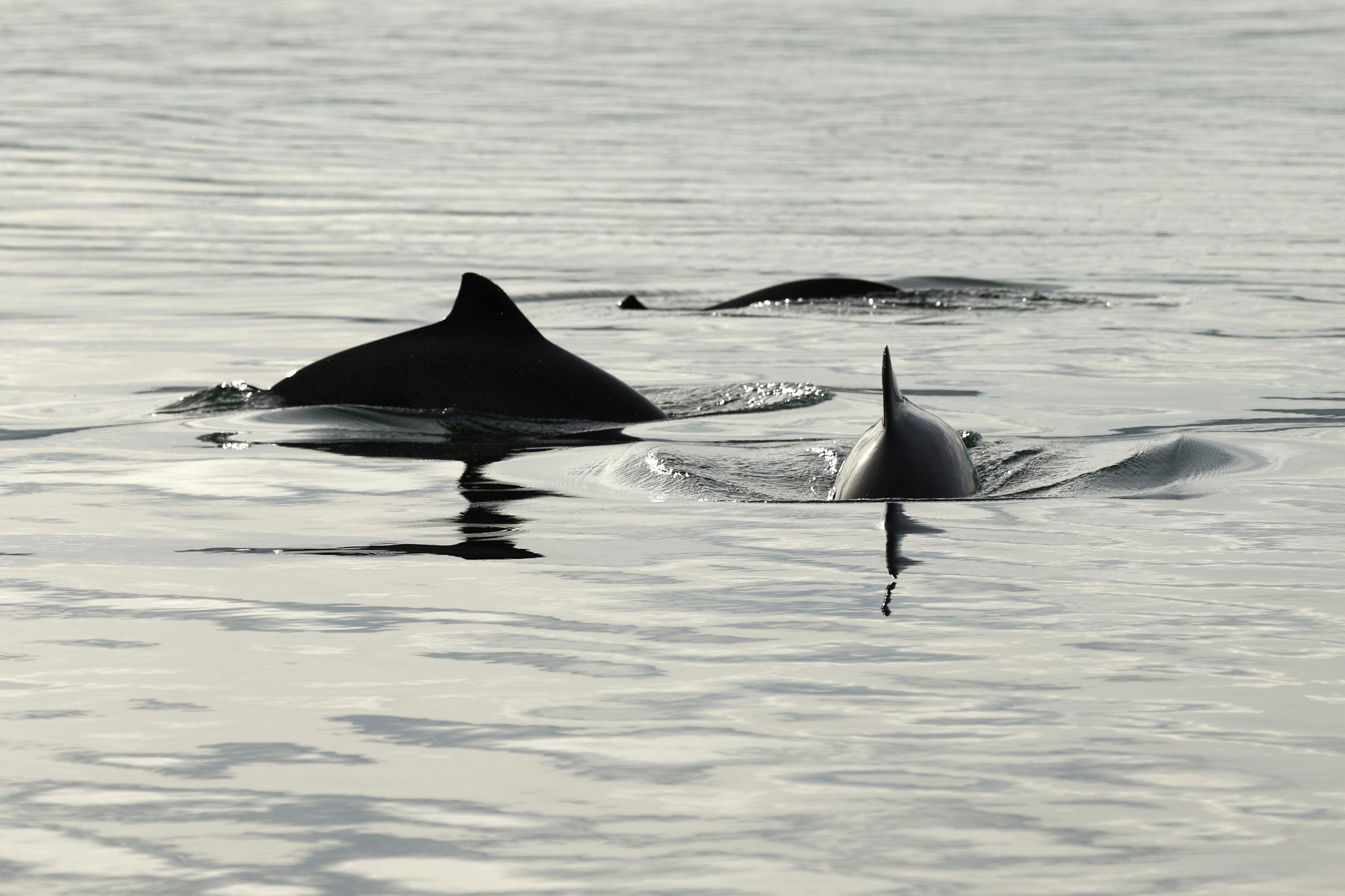
If our natural environment is being harmed, and our government fails in its duty to protect it, who can we turn to? In 2012, conservation group WWF complained to the European Commission that the UK government hadn’t set up any protected areas for the harbour porpoise. With its chunky body, triangular fin

EU environmental principles have helped us effectively address environmental issues in a systematic way. They have been fundamental to ensuring consistent decision-making, and therefore providing greater certainty for business and others, as well as ensuring that the way in which we protect our natural wealth and seek to rectify environmental harm is effective and targeted.
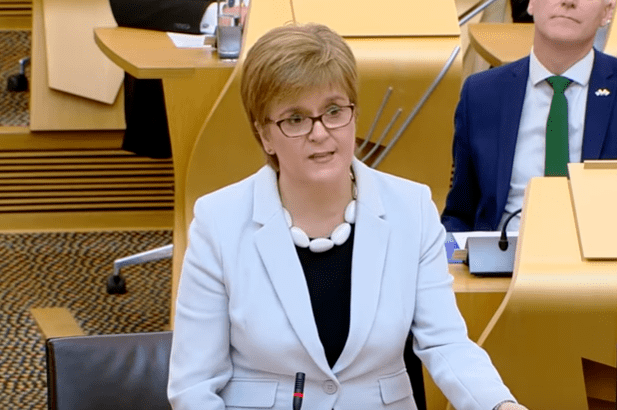
"Our planet faces a climate emergency. Inextricably linked to this emergency is looming ecological disaster. Time is running out to tackle these huge global challenges. It will take concerted, radical action from leaders around the world to pave the way for transformative change in line with our sustainable development commitments.
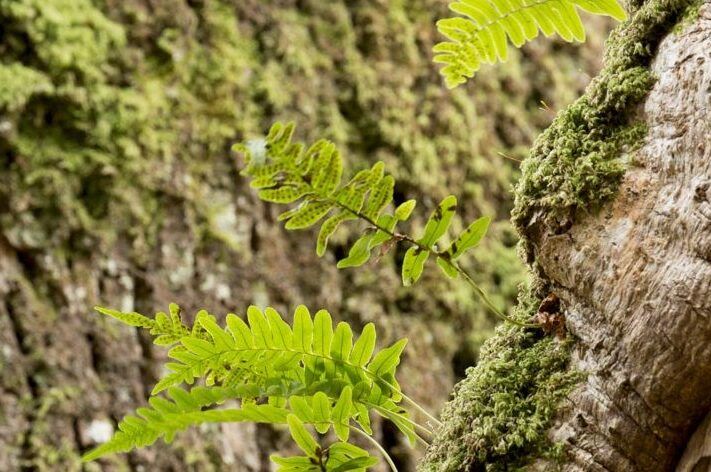
It’s an unavoidable truth that in nature conservation, success can sometimes produce intangible results. Much of what we try to achieve inevitably comprises stopping bad things happening to the environment. A successful bridge-builder has a bridge to look at where there was none; a fund manager, funds to help spend; a medic has well people, who were previously sick. The successful environmental campaigner might find
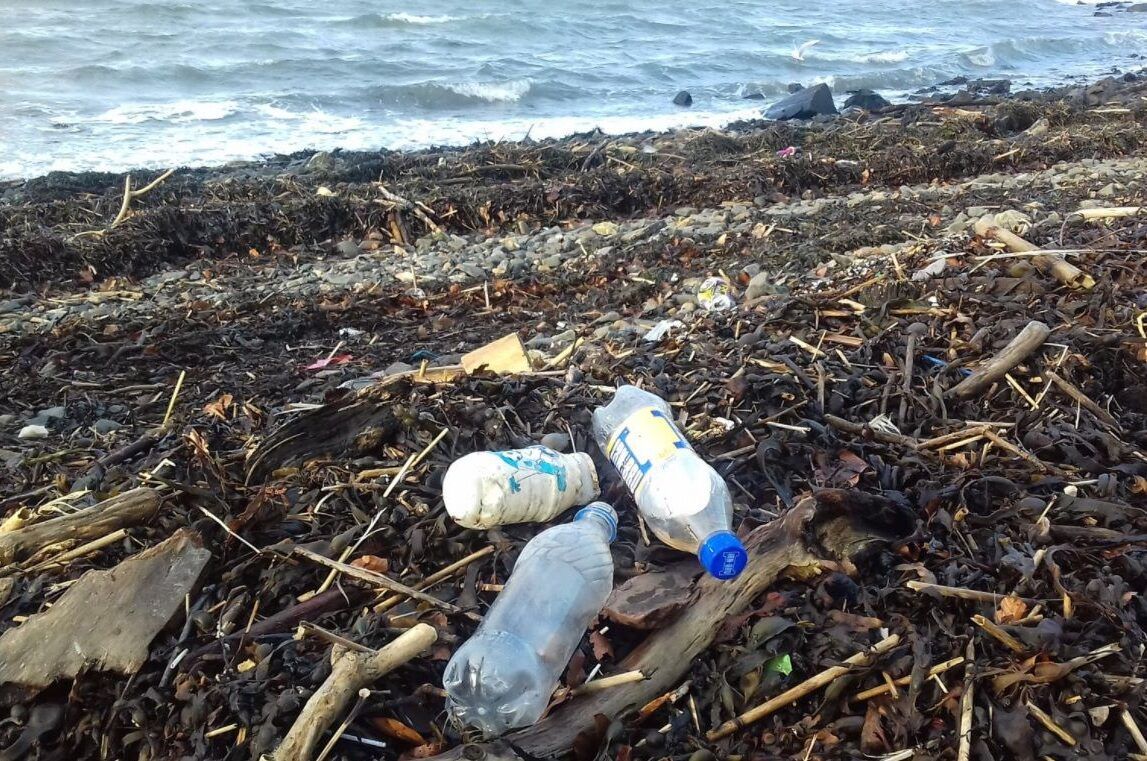
Here at Have You Got The Bottle? we’re fighting for Scotland’s nature. We know about the negative impacts that litter has on wildlife; from insects and small mammals getting stuck inside bottles, to seabirds and creatures feeding plastic to their young. Evidence suggests that more than 140,000 bottles and cans are littered in Scotland every single day.
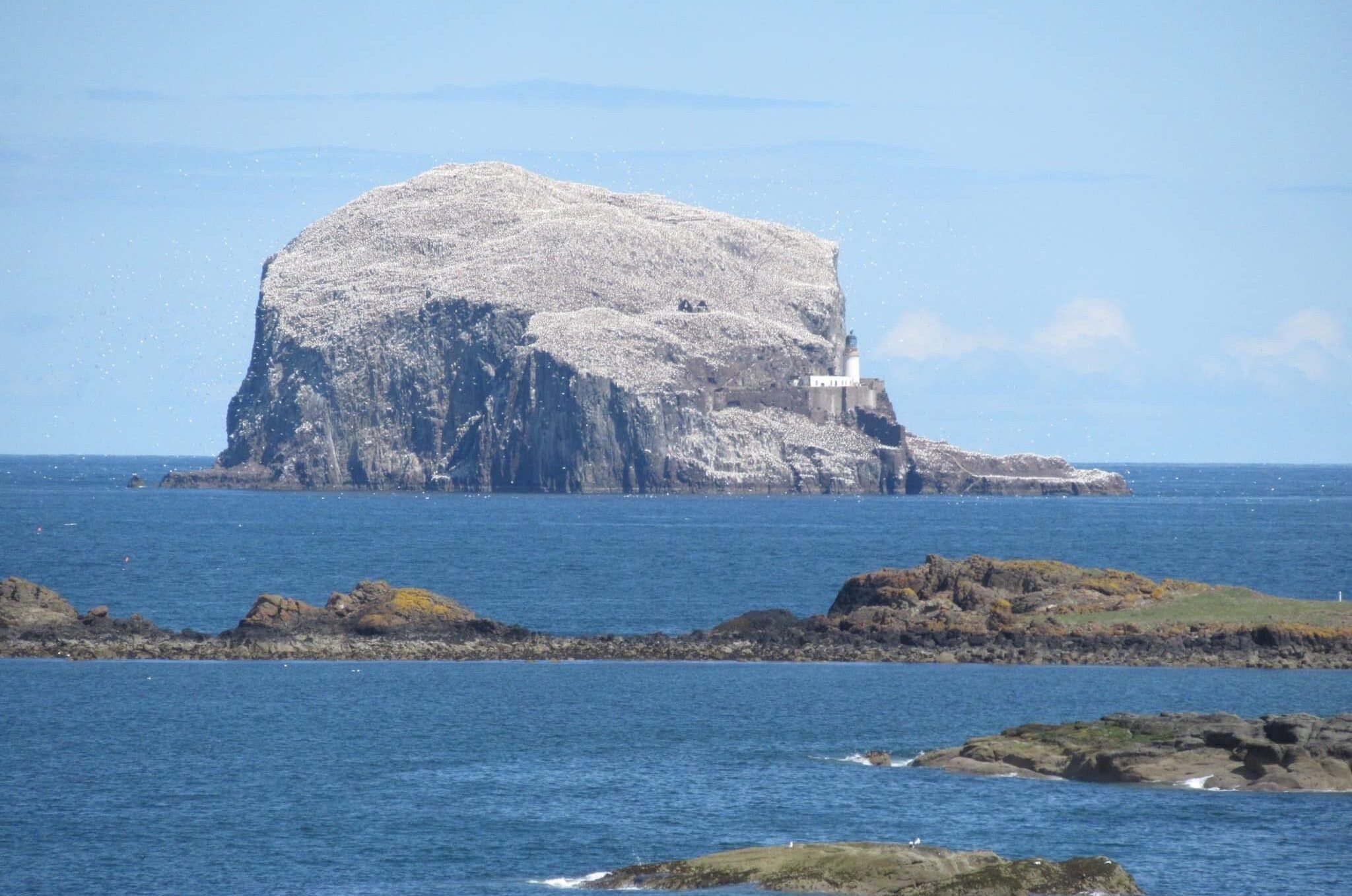
Without a doubt Scotland’s land, seas and iconic wildlife have benefited from the EU ‘Nature Directives’ – the Birds and Habitats Directive and other environmental pillars such as the EU Marine Strategy Framework Directive. Scottish Seabird Centre CEO Susan Davies explains why the centre is supporting the Fight for Scotland's Nature campaign.
Our opportunities for experiencing wildness continue to be diminished through landscape degradation and species decline. It’s vital we don’t reduce our existing commitments as a society to uphold our human right to a healthy environment. We must have laws in place to protect, conserve and repair our wildest places for the benefit of everyone.
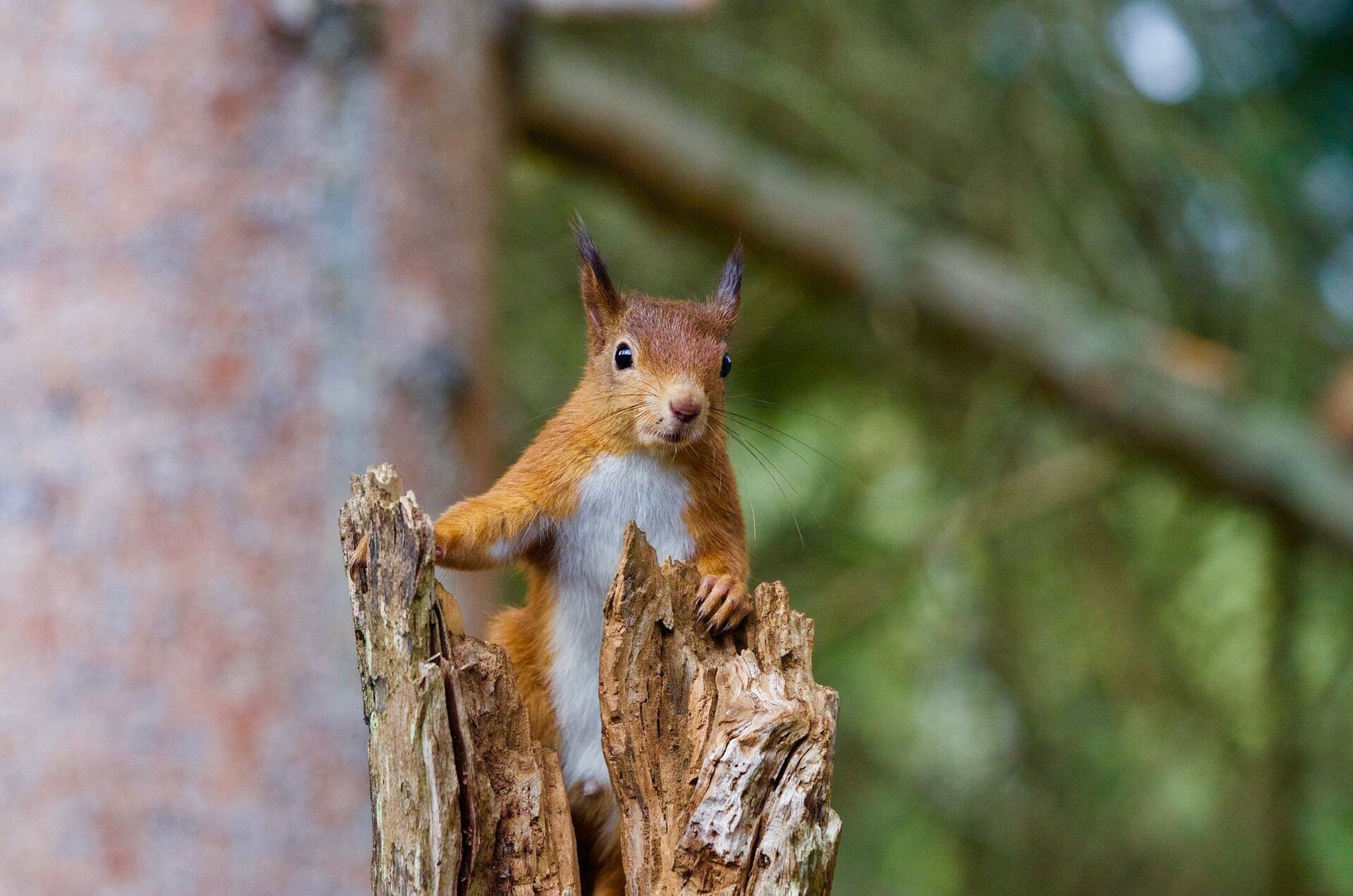
More than 22,000 people, including primary school children, have written to First Minister Nicola Sturgeon calling for a Scottish Environment Act to protect Scotland’s nature and ensure Brexit doesn’t roll back crucial environmental protections. The calls come at a time of renewed focus on environmental issues
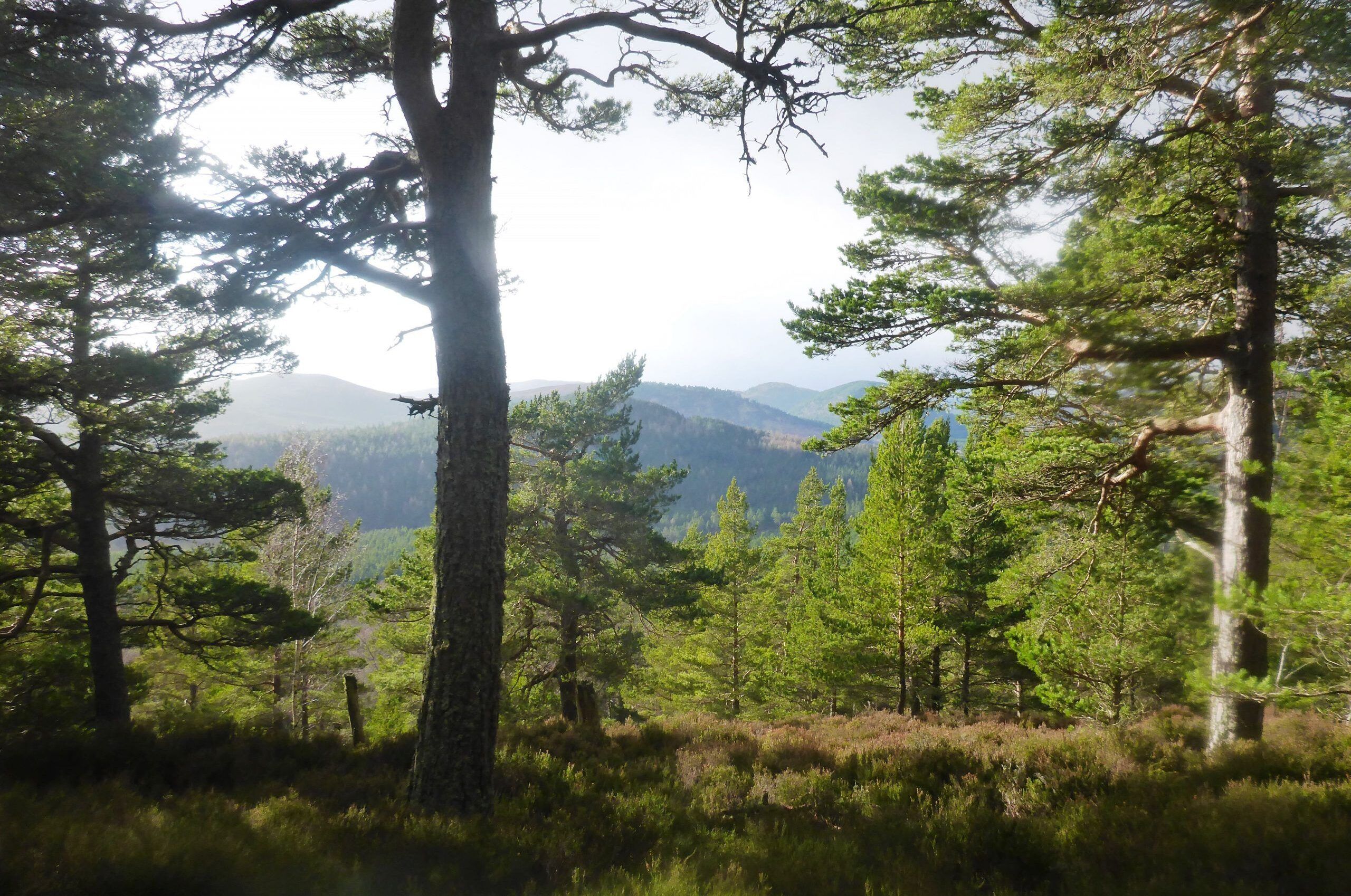
Scotland must take urgent action to halt its declining biodiversity, say campaigners following the release of a major global report revealing that one million animal and plant species worldwide are threatened with extinction.
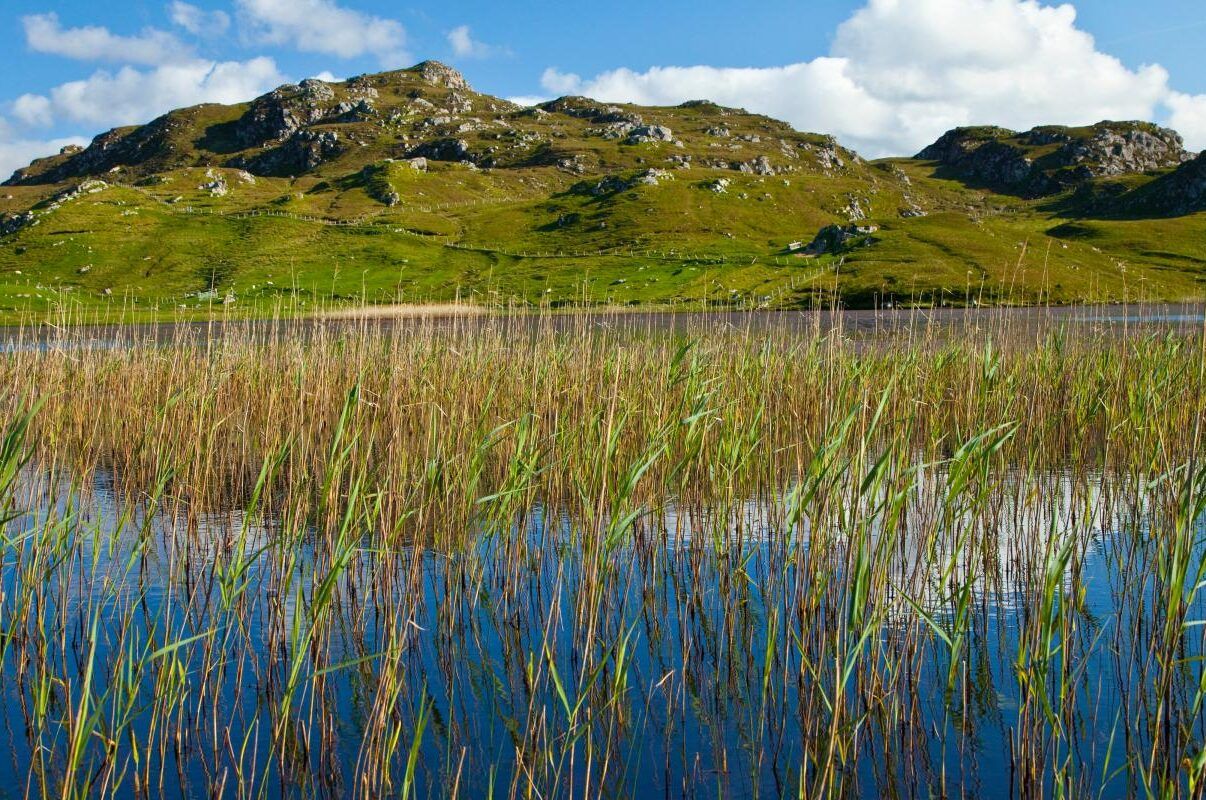
Scotland's nature is in urgent need of protection. Climate change, pollution and loss of habitats are all contributing to it's decline. And leaving the EU means risking the environmental protections that our wildlife and landscapes depend on. But we can secure better protection for Scotland’s seas, land and wildlife.
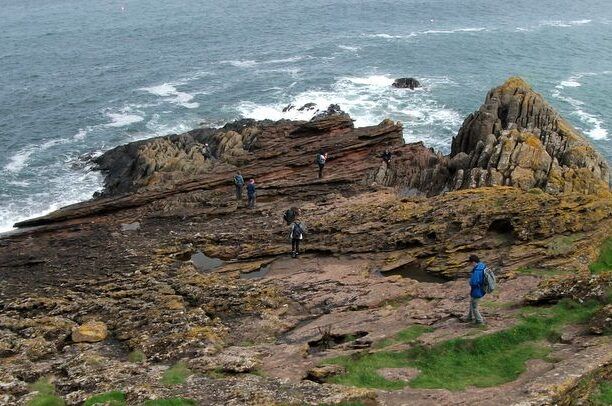
Scotland’s geodiversity supports a complex mosaic of habitats that host a wide range of species. The value of geodiversity as part of nature and natural diversity is not only in the presence of rocky crags and islands, and a varied landscape that provides a range of habitats. It also lies in the ongoing processes that are continually shaping our slopes, river banks and dynamic coasts.
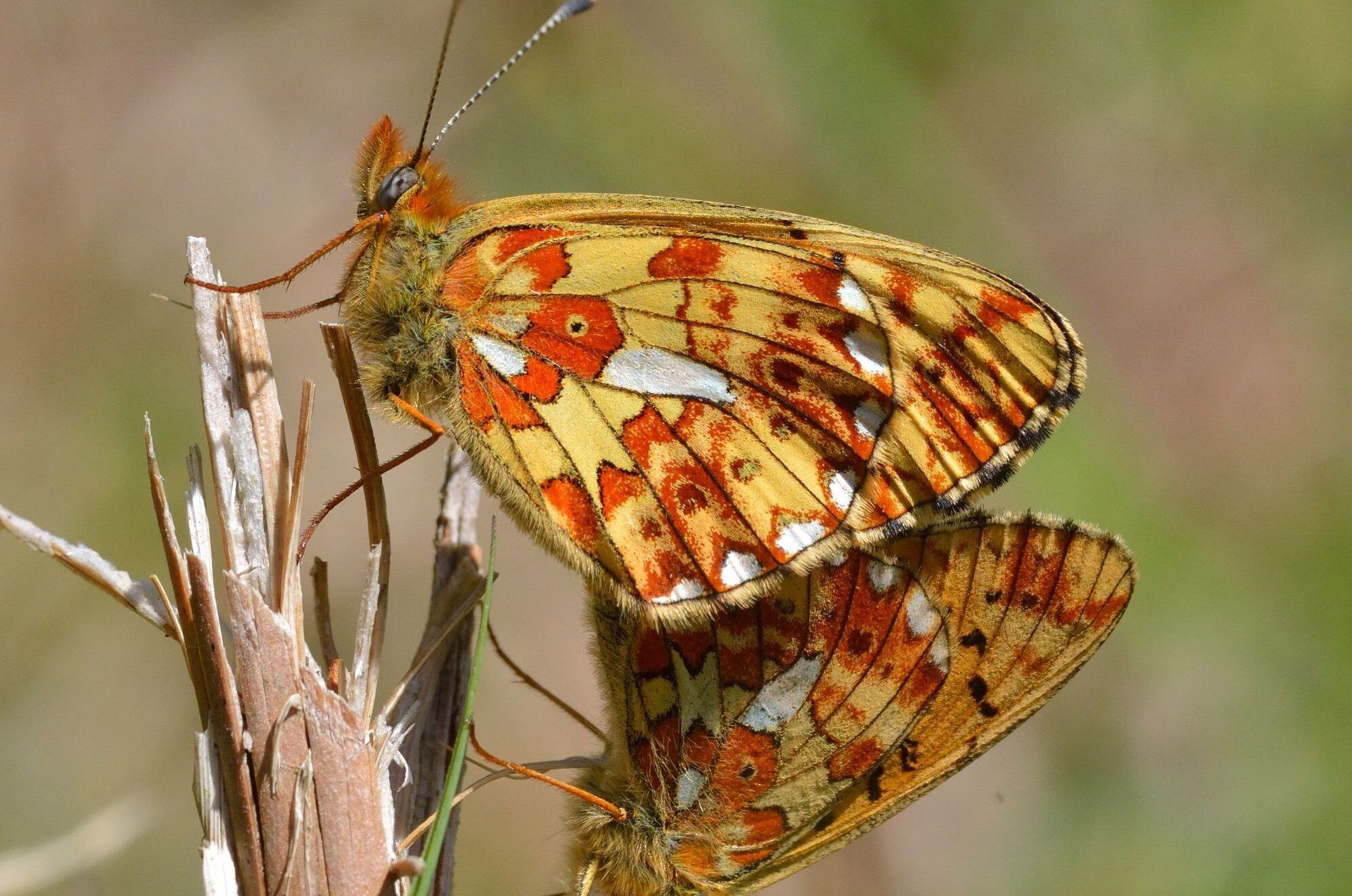
We are very used to hearing about the two key culprits responsible for the decline of butterflies and moths in our countryside - habitat loss and climate change, but a third ‘driver’ increasingly being identified as guilty is nitrogen, the two main sources being vehicles and farming.
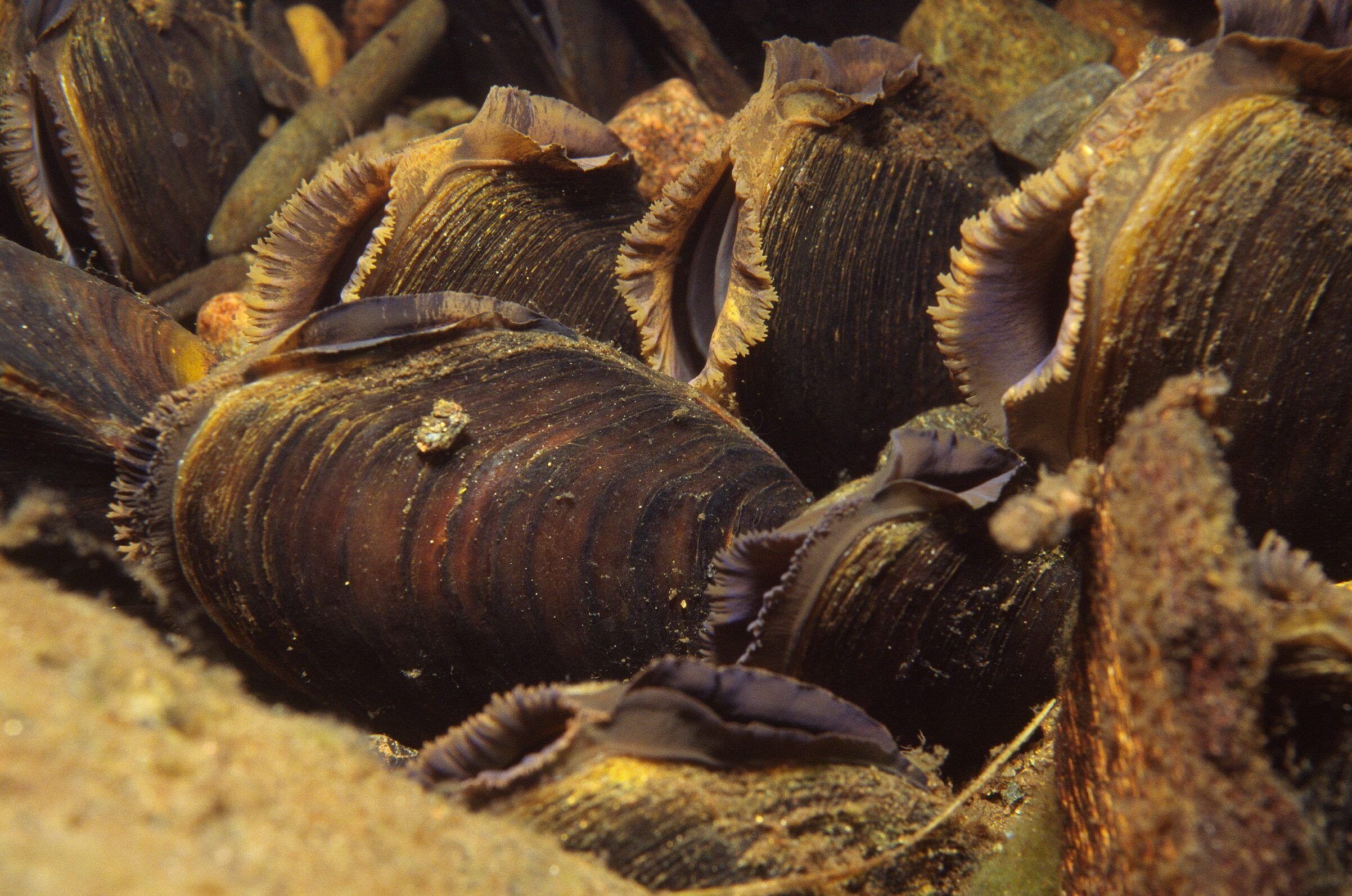
Crystal clear waters, tumbling through a rock-strewn channel - a scene that is encountered throughout Scotland. But in some of these watercourses, a truly special species can be found. The Freshwater pearl mussel (Margaritifera margaritifera) is one of the most critically endangered molluscs in the world. Up to a half of the world’s remaining population are found in Scotland. As a nation, we therefore have an international responsibility
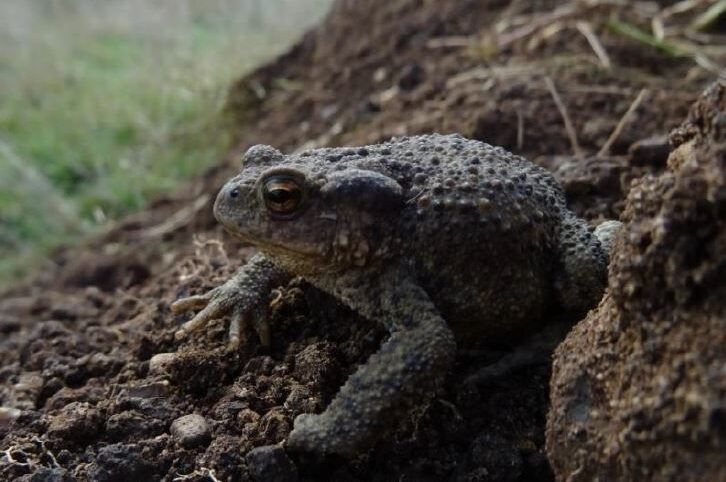
Scotland supports six species of native amphibian and four native reptile species. Common frogs and common toads are perhaps the most well recorded species, being obvious in parks and gardens during spring breeding and migration. In recent decades our most common amphibian and reptile species are under threat from habitat loss and fragmentation, introduced diseases, pollution and climate change.
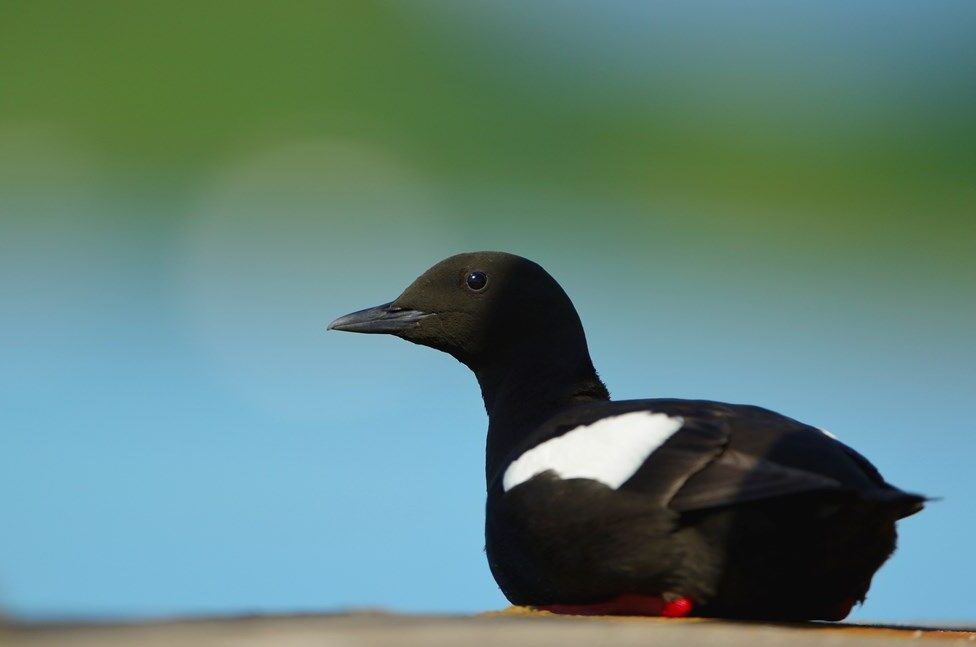
Asking what the EU has ever done for the environment in Scotland – and indeed the rest of the UK – is like the scene in Monty Python’s Life of Brian, where they question: “What have the Romans ever done for us?” The answer, of course, is similarly long and impressive. Two especially important pieces of EU law that have afforded many years of critical protection for our wildlife
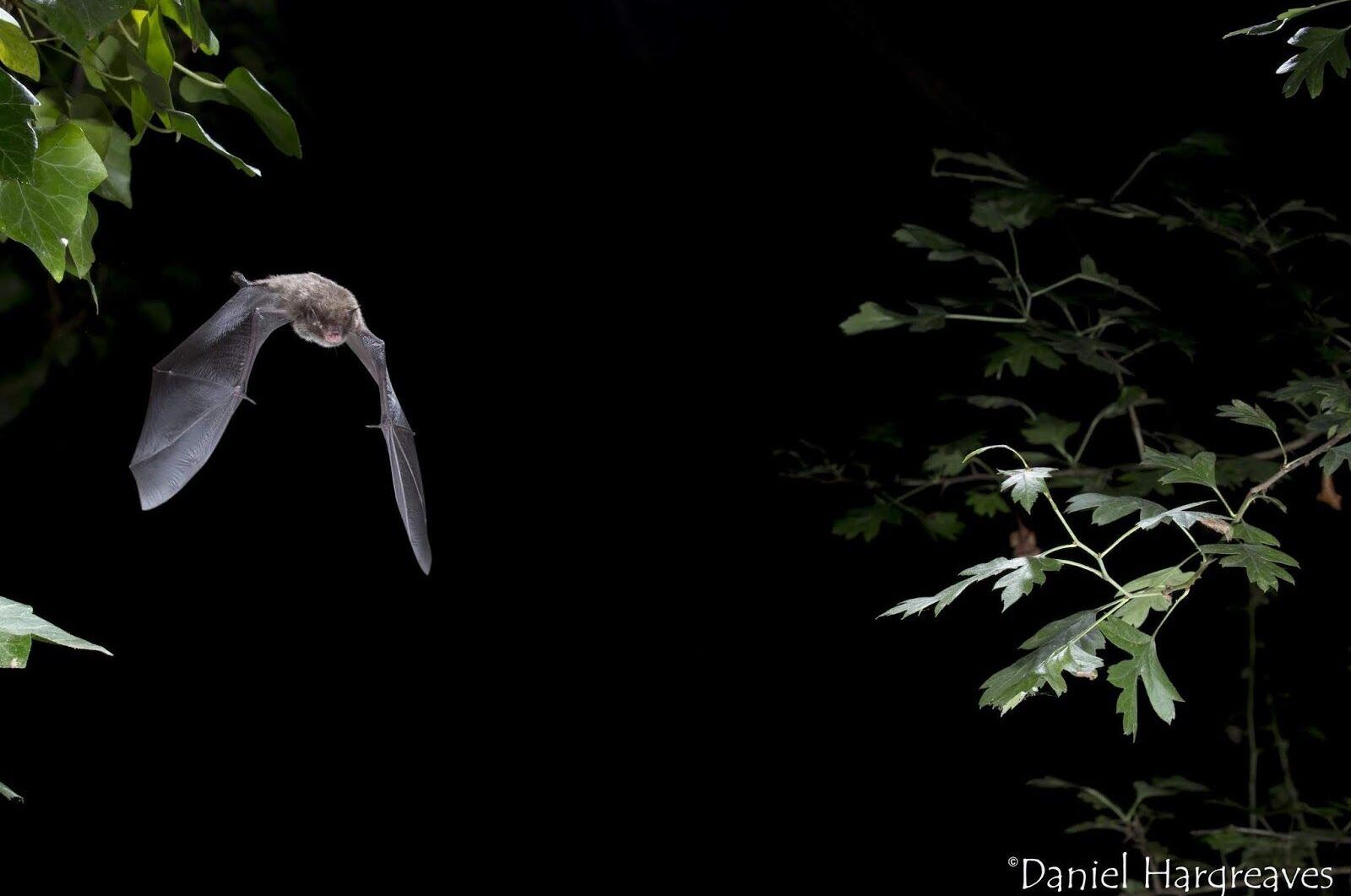
Bats can tell us a lot about the state of the environment, as they are top predators of common nocturnal insects and are sensitive to changes in land use practices. The pressures they face - such as landscape change, agricultural intensification, development, and habitat fragmentation are also relevant to many other wildlife species, making them excellent indicators for the wider health of the UK's wildlife.
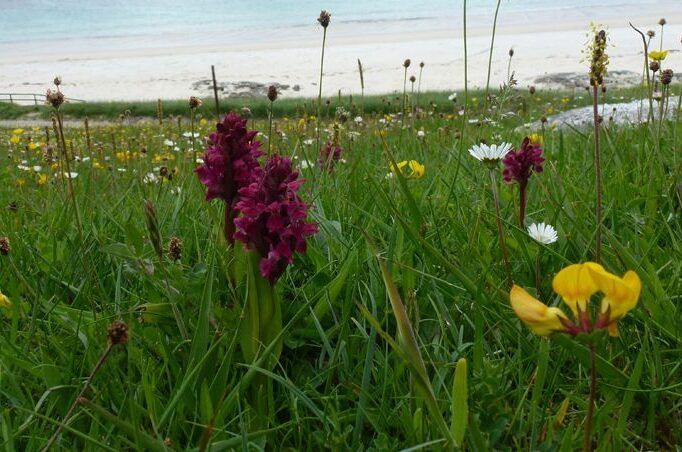
What kind of country do we want to live in? What do we want our countryside to look like? What wildlife and landscapes do we want to protect so we can hand them on to future generations? These questions take on an alarming urgency in a time of unprecedented political turmoil and ecological crisis. No matter what the outcome of current political negotiations, there is a risk that Scotland’s wildlife could be under significant threat as a result.
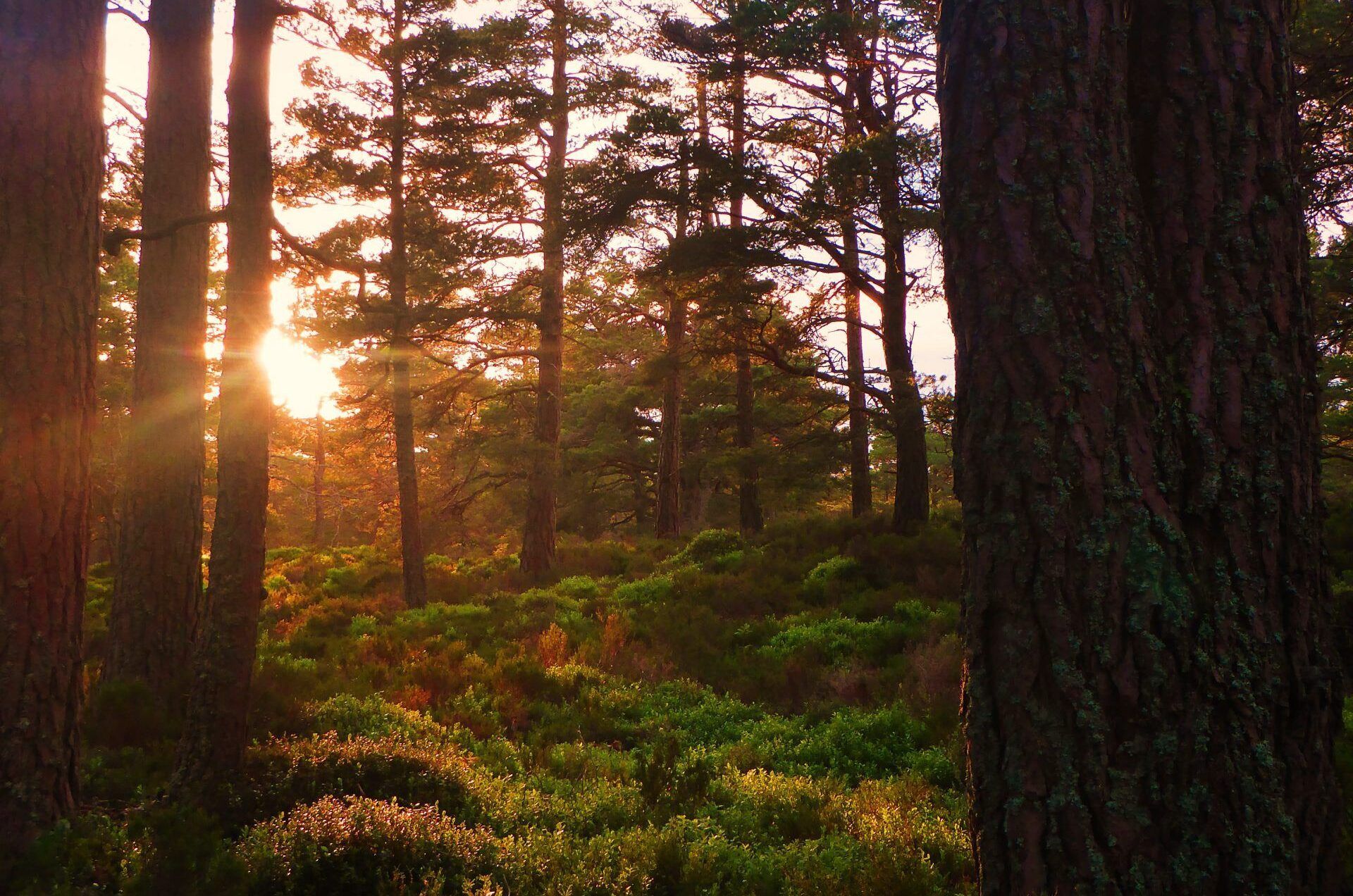
Mighty ancient Scots pine forests are home to red squirrels, Scottish wildcats and capercaillie. Carbon-rich deep peat moorland hosts an abundance of butterflies and insects. Temperate Atlantic rainforests teem with more than 500 species of mosses, ferns, lichens and liverworts. And that’s just three of Scotland’s many important habitats.
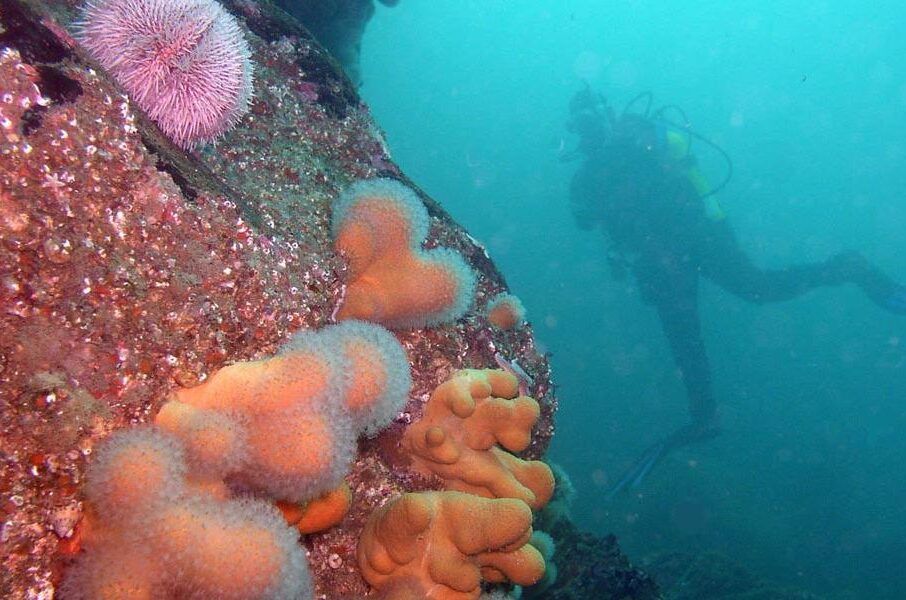
“Who will guard the guards themselves?” is the literal translation of the ancient rhetorical question “Quis custodiet ipsos custodes?”. Governments make decisions on behalf of the people, but what if they are poor decisions or the people disagree? This is a key concern with our departure from the European Union, where currently the European Commission provides an excellent opportunity to hold power to account. Anybody can complain
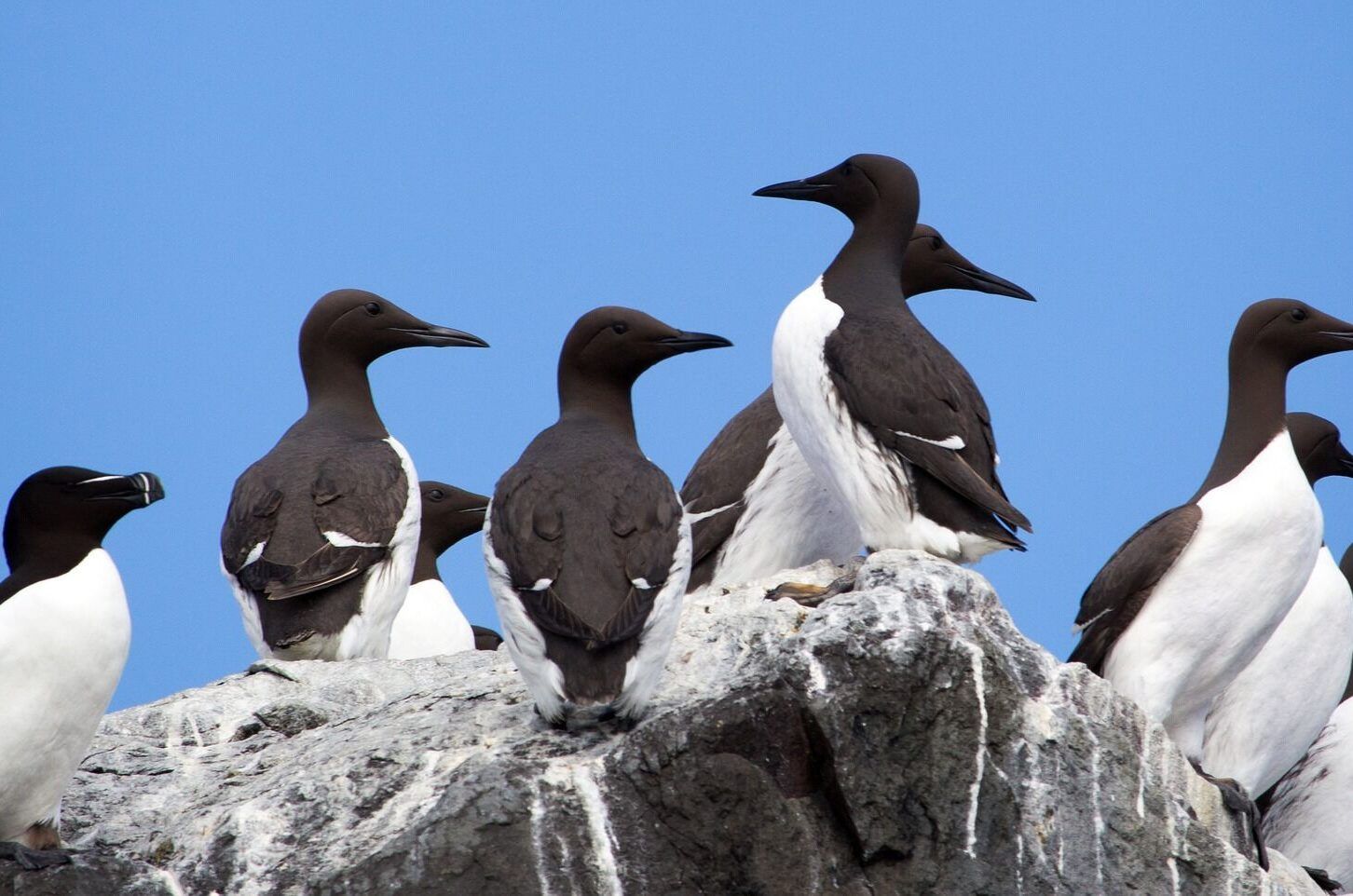
Over 25 million biological records have been collected in Scotland, describing the location of 5,866 species. And behind each of these records is a biological recorder whose expertise has helped document our natural world. Together, these thousands of recorders, often volunteers who generously donate their time, stand on the shoulders of many generations of Scottish naturalists, all fascinated in understanding and recording our natural world.
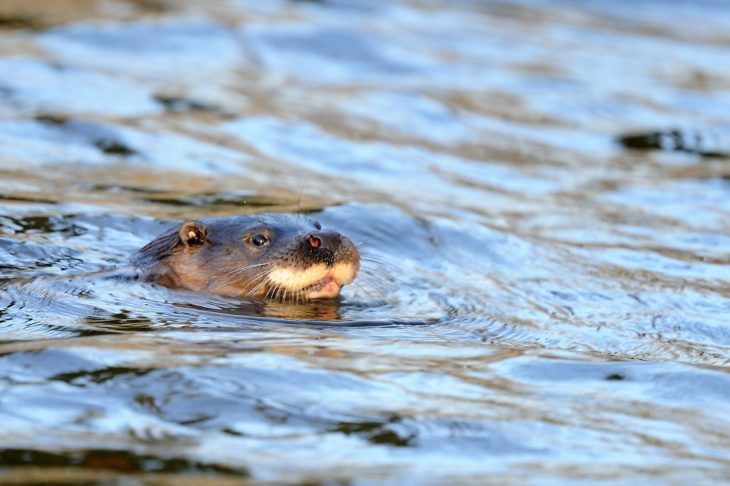
Non-regression is a well-established principle in international law, probably most commonly associated with human rights. However, it is increasingly acknowledged as a key parameter in environmental decision-making. In terms of the environment it means the rules, standards and practices that are already adopted by states can’t be changed if this means that environmental standards will be weakened.
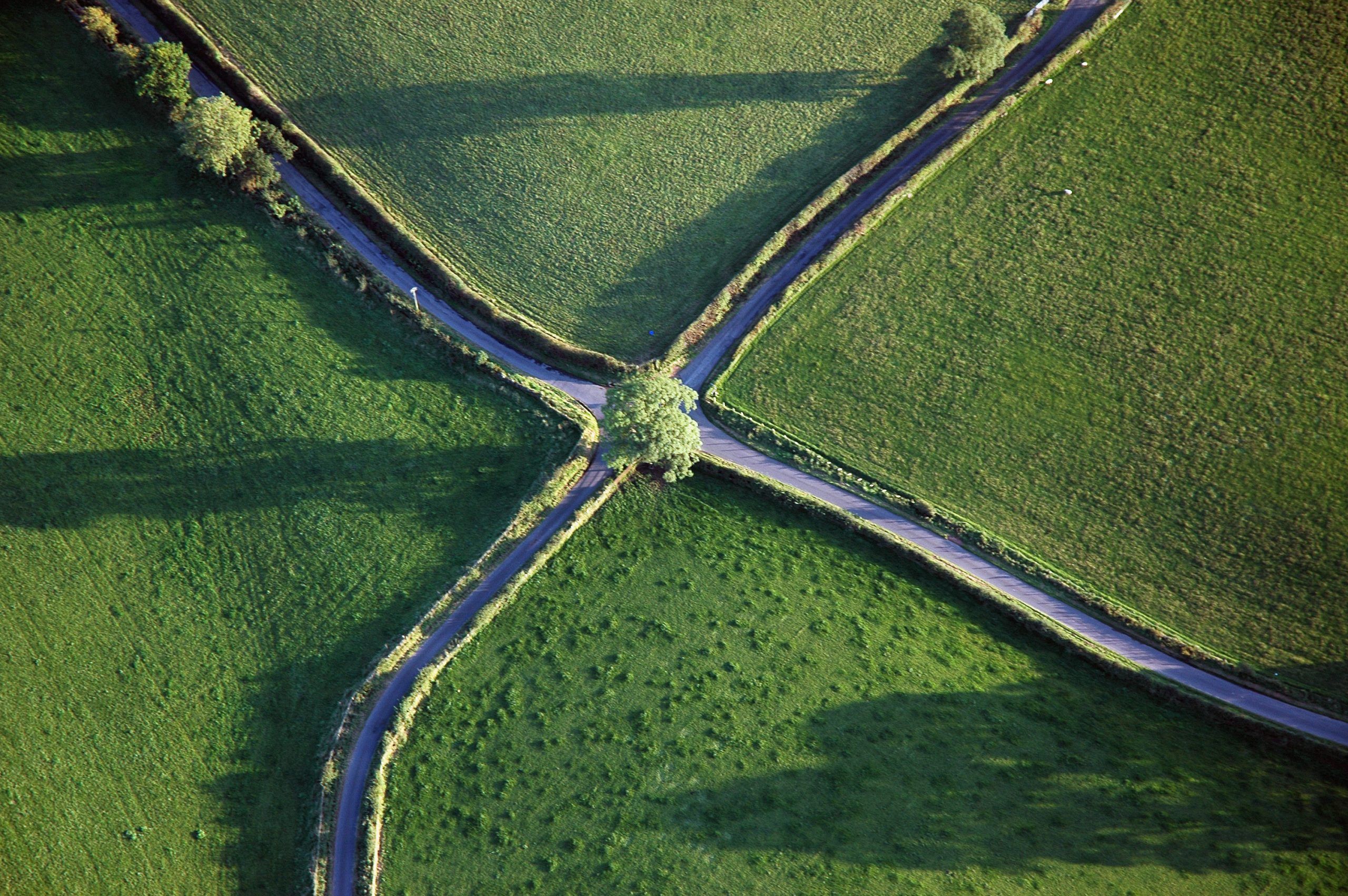
Environmental protections have been referenced a lot in the context of Brexit. And with good reason: overall, joint action across the EU has been a good thing, enabling us to tackle environmental issues such as pollution and climate change in a coordinated way across 28 different countries. Environmental policy has been an EU competence for […]
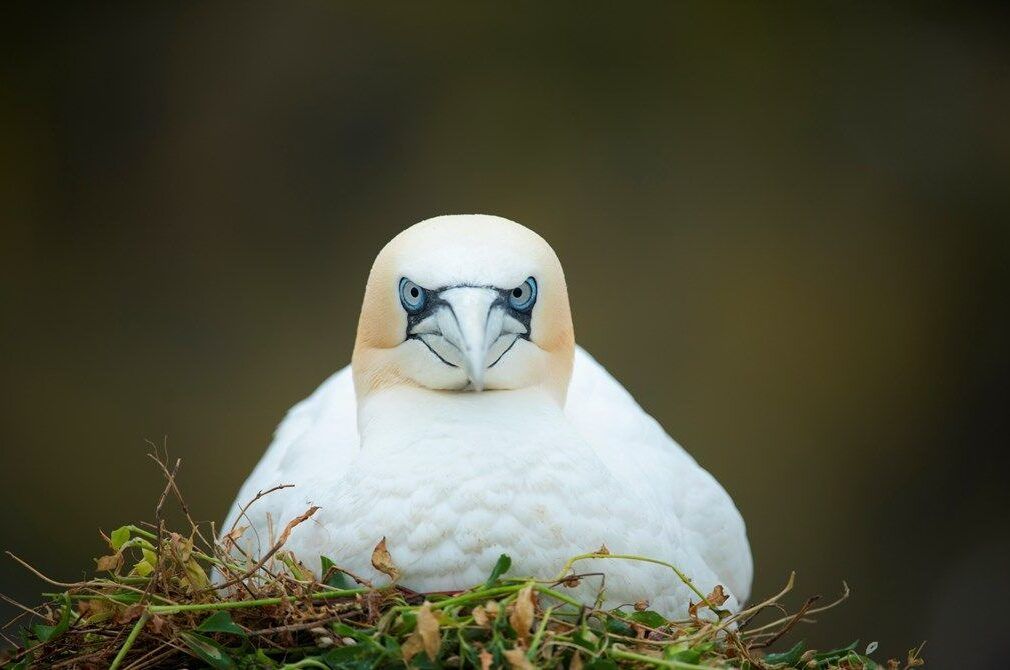
Brexit has kicked off a debate across the UK about Environmental Governance, but what do we actually mean by this and how could it affect our iconic wildlife here in Scotland?
Environmental Governance is essentially about environmental protections being turned into action.

Yes, is the resounding answer. This is why environmental charities are calling for this principle to be embedded in Scots law, alongside other important environmental law principles. What is the polluter pays principle? It is only logical that those who produce pollution should bear the costs of managing it. This helps prevent damage to human […]
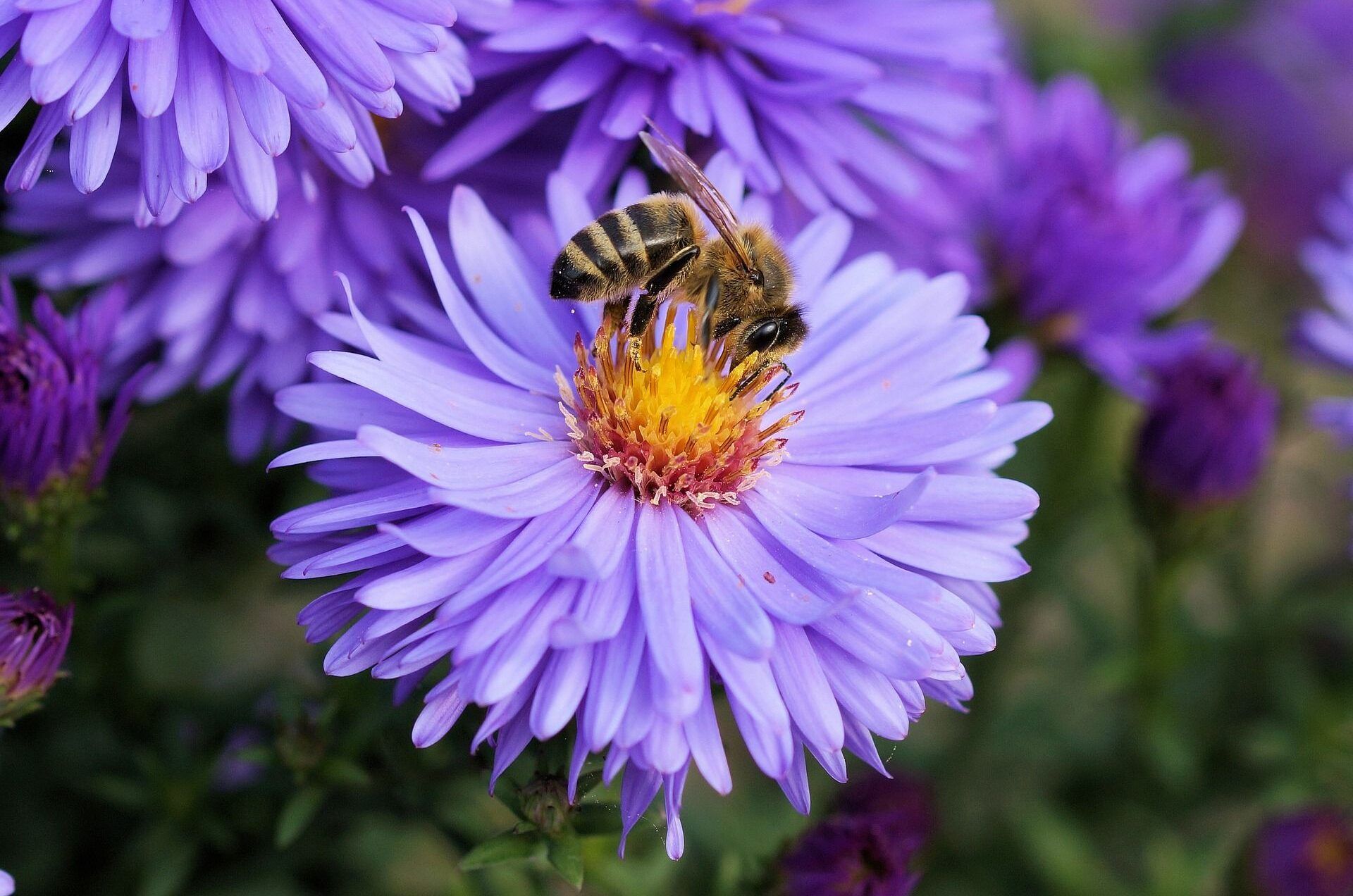
Our campaign, Fight for Scotland’s Nature, is calling on Scottish Government to introduce a Scottish Environment Act. First and foremost the Act must embed EU and internationally recognised principles of environmental law in Scots law. One of these principles is the ‘precautionary principle’. You may have not heard of the precautionary principle before, but we […]
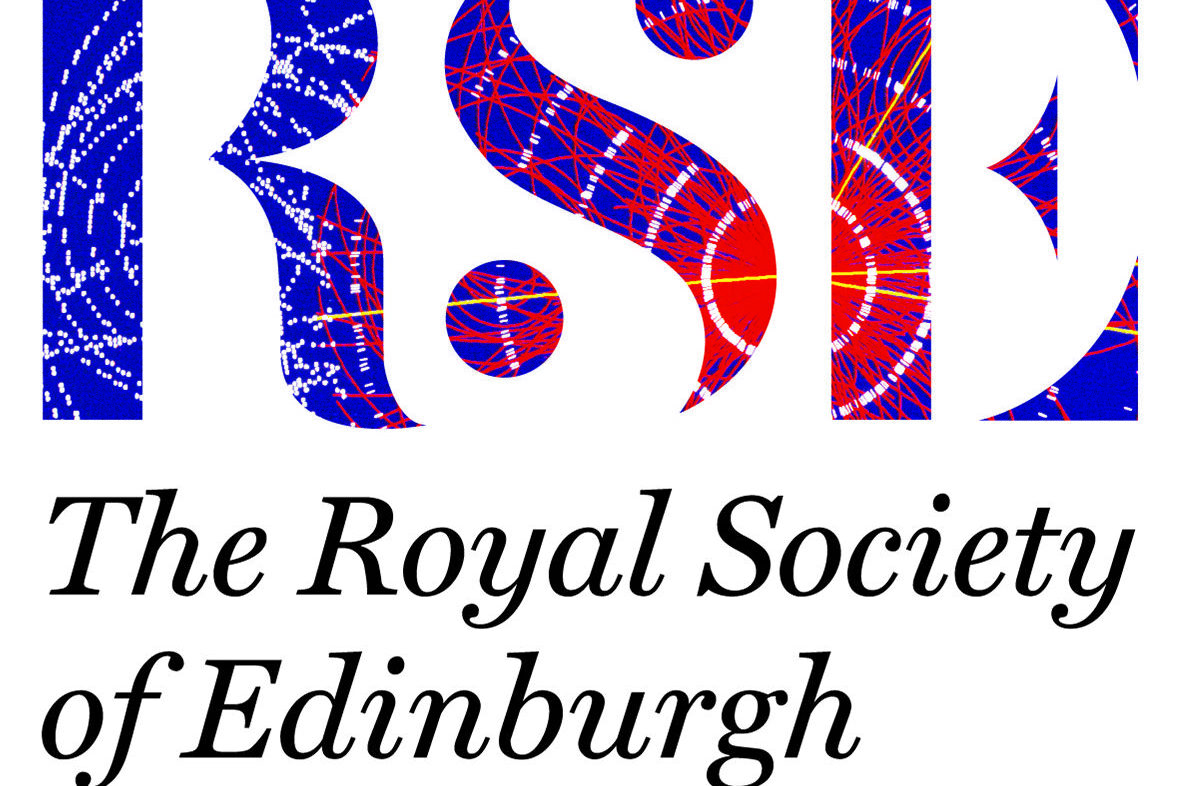
By William Hardie, RSE Policy Advice Manager Last November, the Royal Society of Edinburgh (RSE) published an advice paper examining the implications of Brexit for Scotland’s environment. It noted that withdrawal from the EU poses significant challenges to the maintenance and improvement of the quality of Scotland’s environment unless current EU arrangements are adopted in UK […]
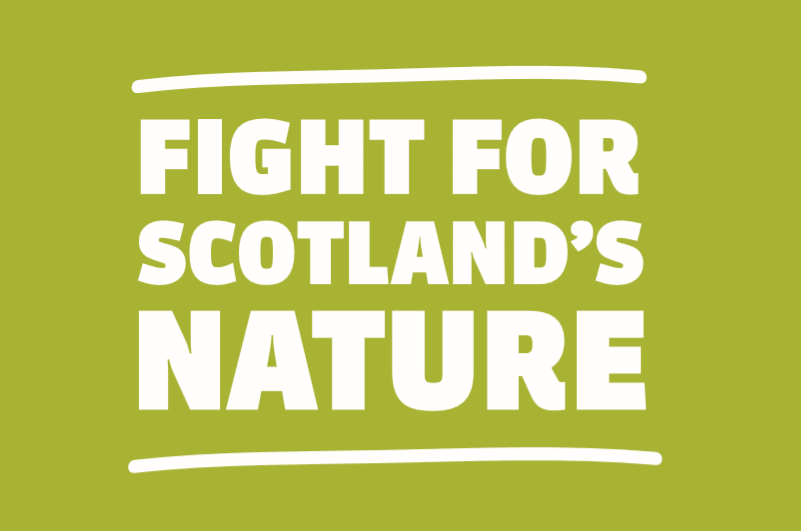
On 16 February, the Scottish Government issued a consultation on environmental principles and governance in Scotland. It is easy to miss the importance of this – after all what do principles and governance mean in practice? Quite a bit as it turns out! From fracking to GMOs and from the introduction of a deposit return […]
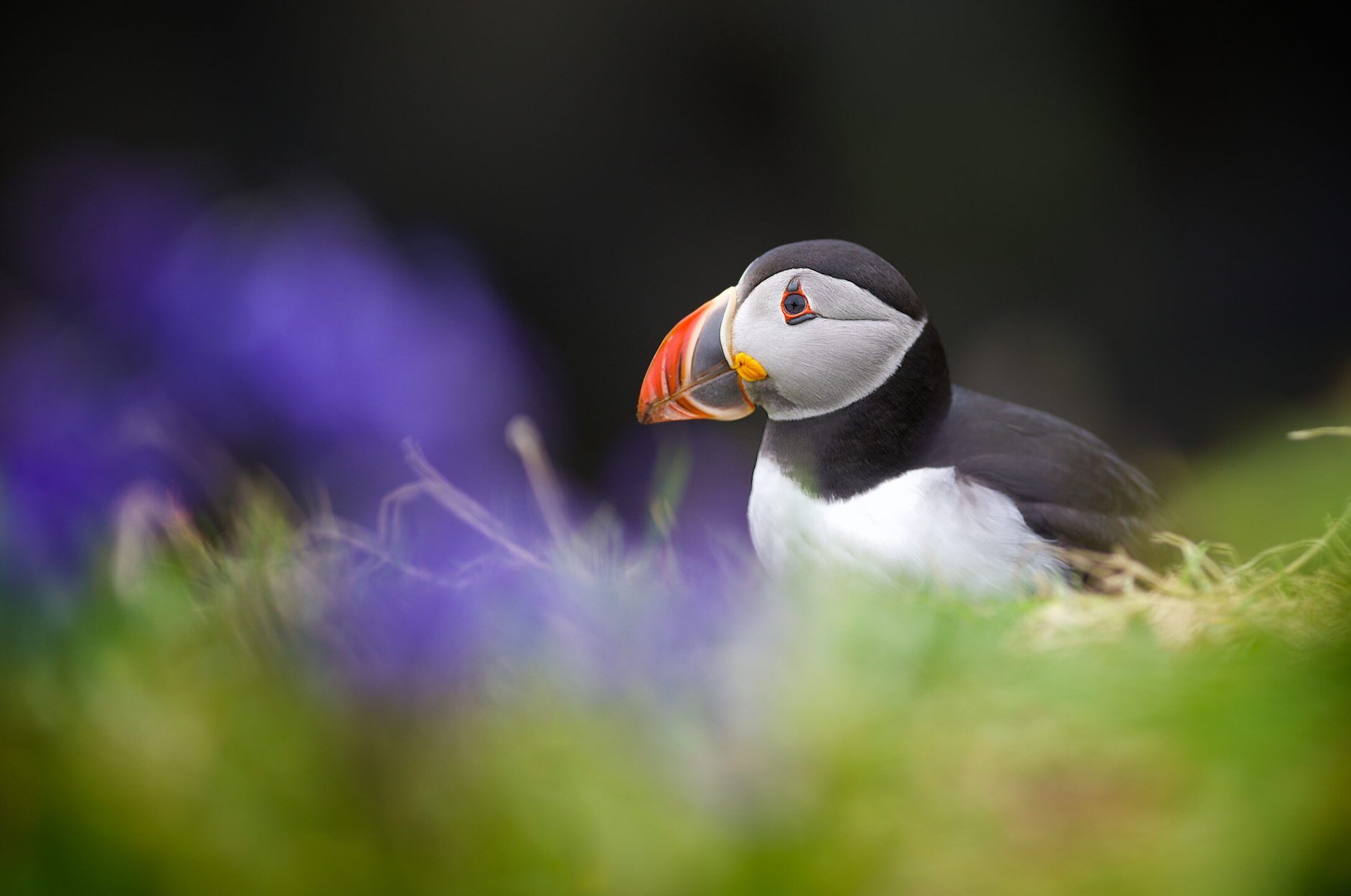
Scottish Environment LINK, a coalition of 35 Scottish environmental charities, has welcomed the much-awaited Scottish Government consultation on environmental principles and governance in Scotland. At a time of great ecological crisis, the charities believe that the prospect of Brexit threatens to unravel critical environmental protections, and are urging members of the public to respond to […]
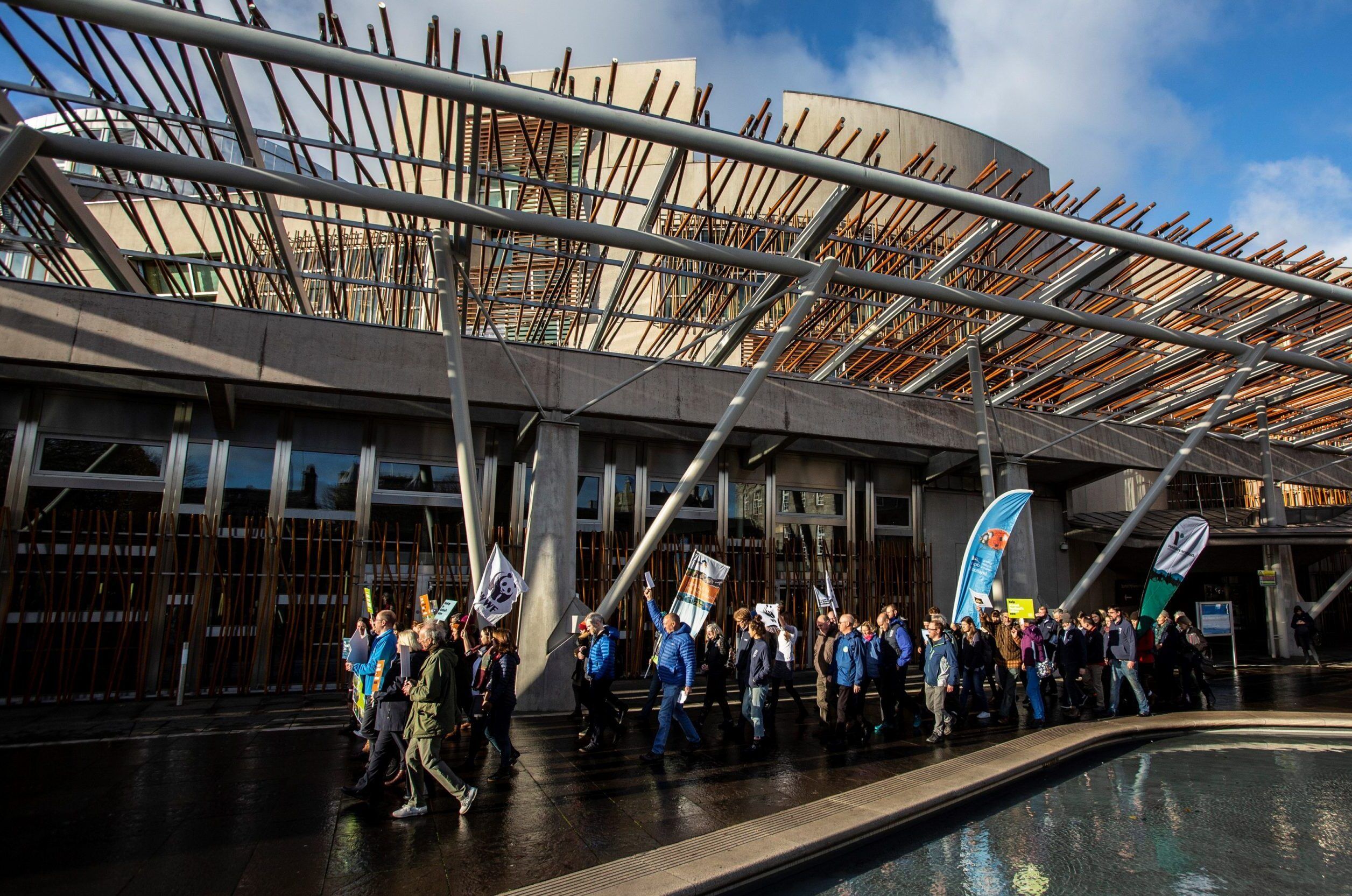
On Monday 10 December, celebrated across the globe as the International Human Rights Day, the First Minister’s Advisory Group on Human Rights Leadership published its recommendations on “how Scotland can continue to lead by example in the field of human rights”. Entitled “Recommendations for a new human rights framework to improve people’s lives”, the report […]
Blog by Alistair Whyte Scotland is a fantastic place for nature, and plants are a huge part of what’s special about it. From the arctic-alpine wildflowers of our highest summits, to the vibrant, flower-studded machair of the Hebrides, or the Atlantic rainforests of the west coast dripping with lichens, the diversity of our plant […]
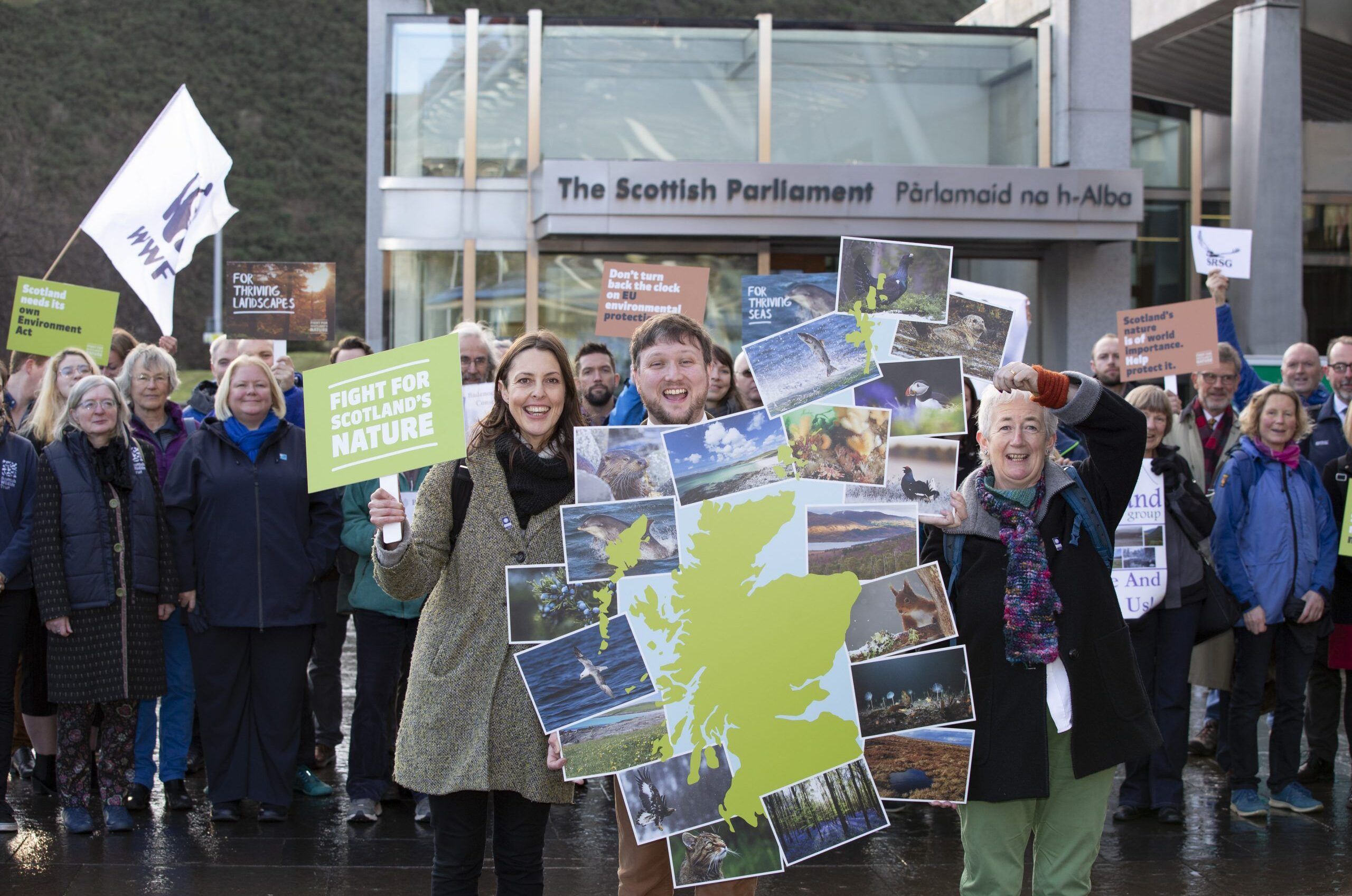
Scottish Environment LINK, a coalition of Scotland’s leading environmental charities has today launched an urgent campaign, “Fight for Scotland’s Nature”, for Scotland to have its own environment act. Scotland may be small, but our natural environment is mighty and of global importance. From the iconic Scots pine of the Caledonian Forest, home to rare species […]
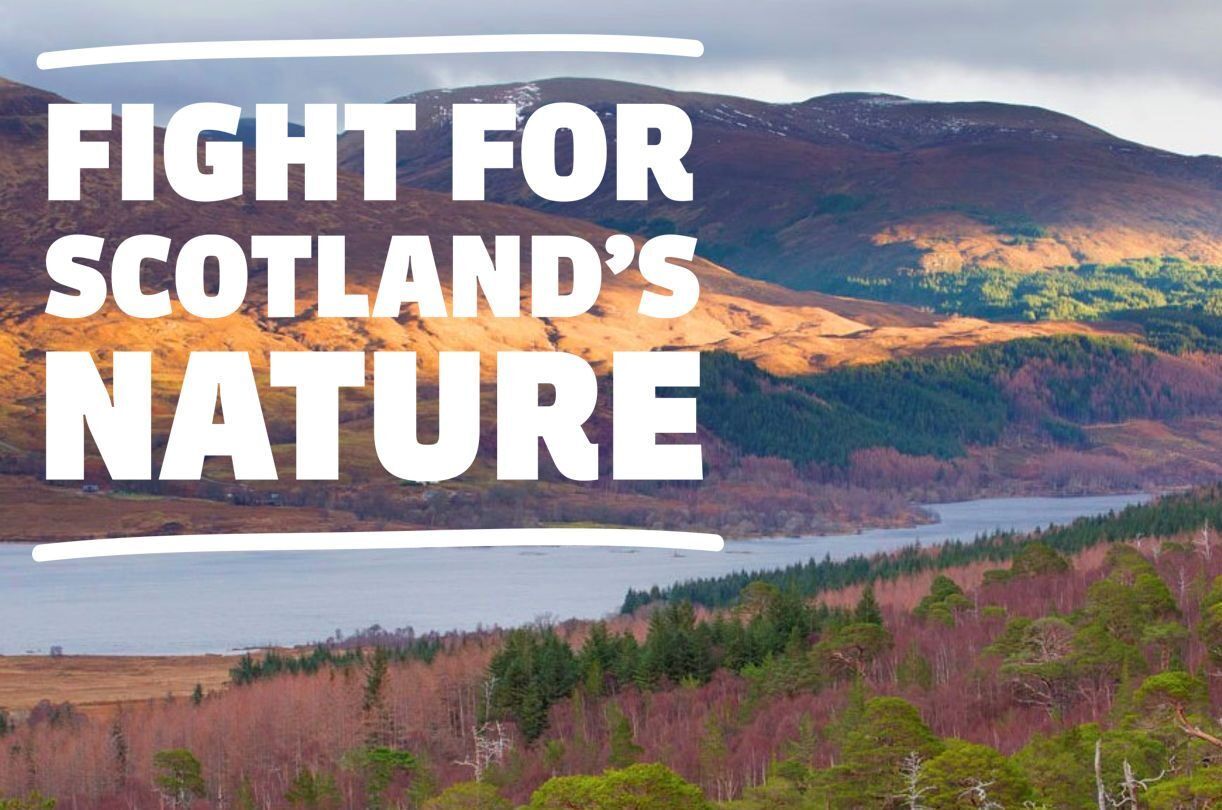
Scottish Environment LINK, a coalition of Scotland’s leading environmental charities will today launch an urgent campaign, “Fight for Scotland’s Nature” at the Scottish Parliament. Together they will call for Scotland to have its own environment act. Fears sparked by Brexit as well as mounting evidence of the global ecological crisis also heavily impacting Scotland has […]
On 13 November, 35 of Scotland’s leading environmental charities wrote to Cabinet Secretary for Environment, Climate Change and Land Reform urging her to commit to a Scottish Environment Act. The full letter, also available here, follows.
By continuing to use the site, you agree to the use of cookies. more information
The cookie settings on this website are set to "allow cookies" to give you the best browsing experience possible. If you continue to use this website without changing your cookie settings or you click "Accept" below then you are consenting to this.